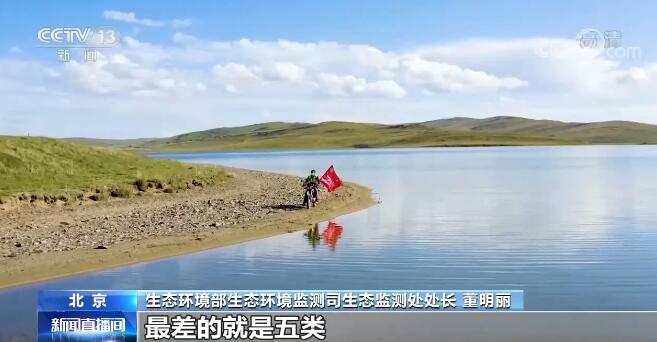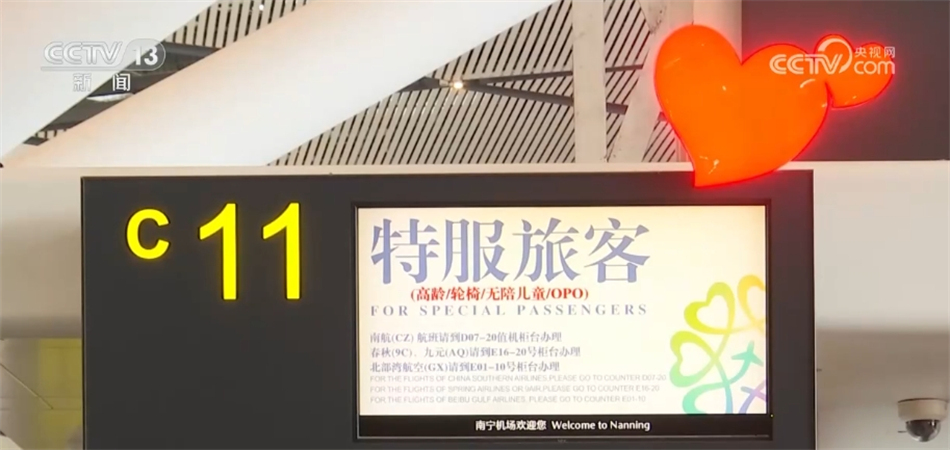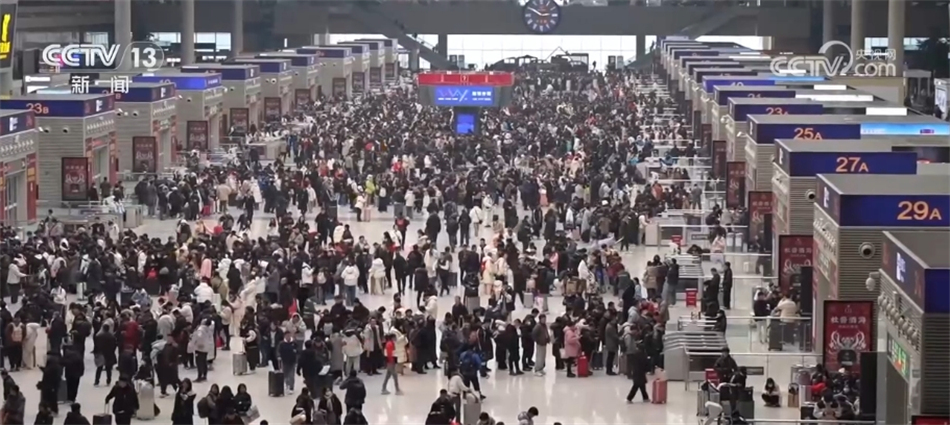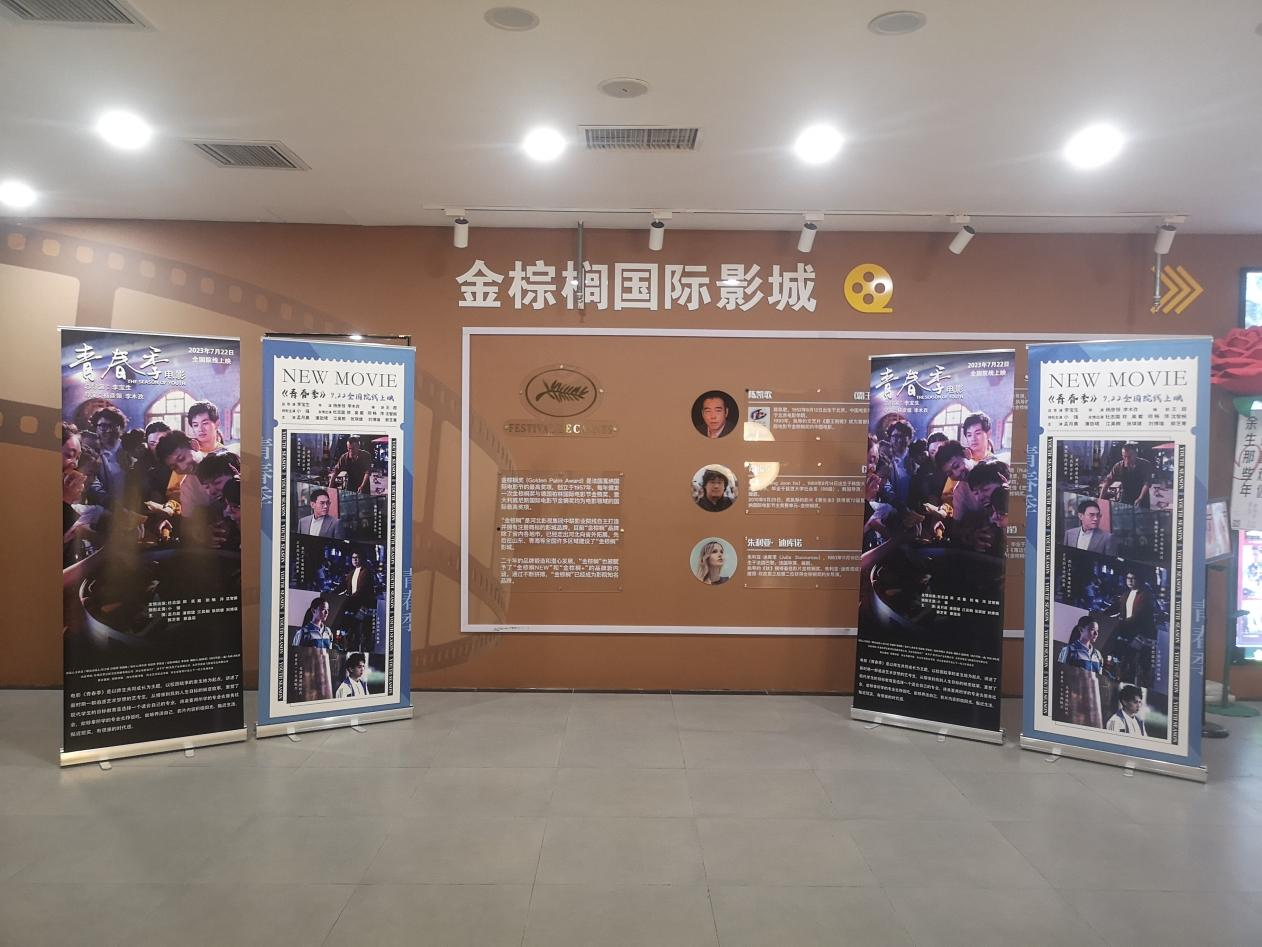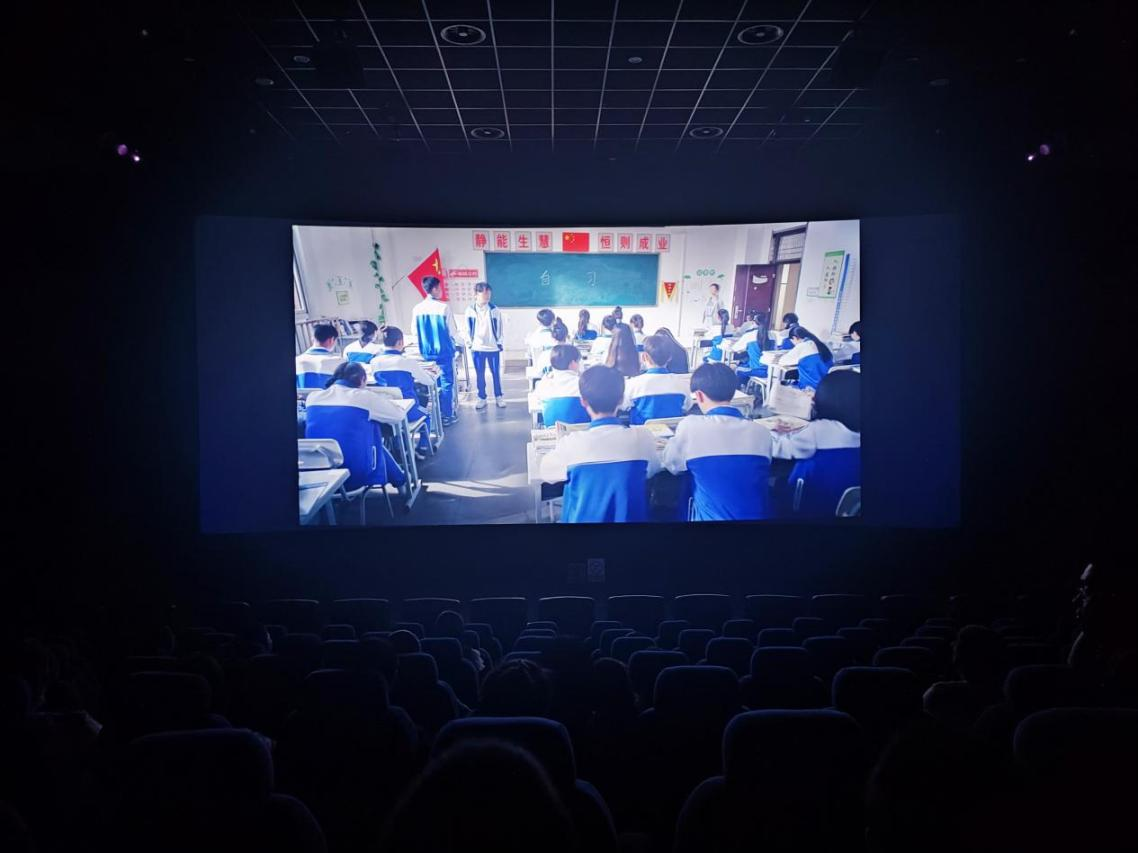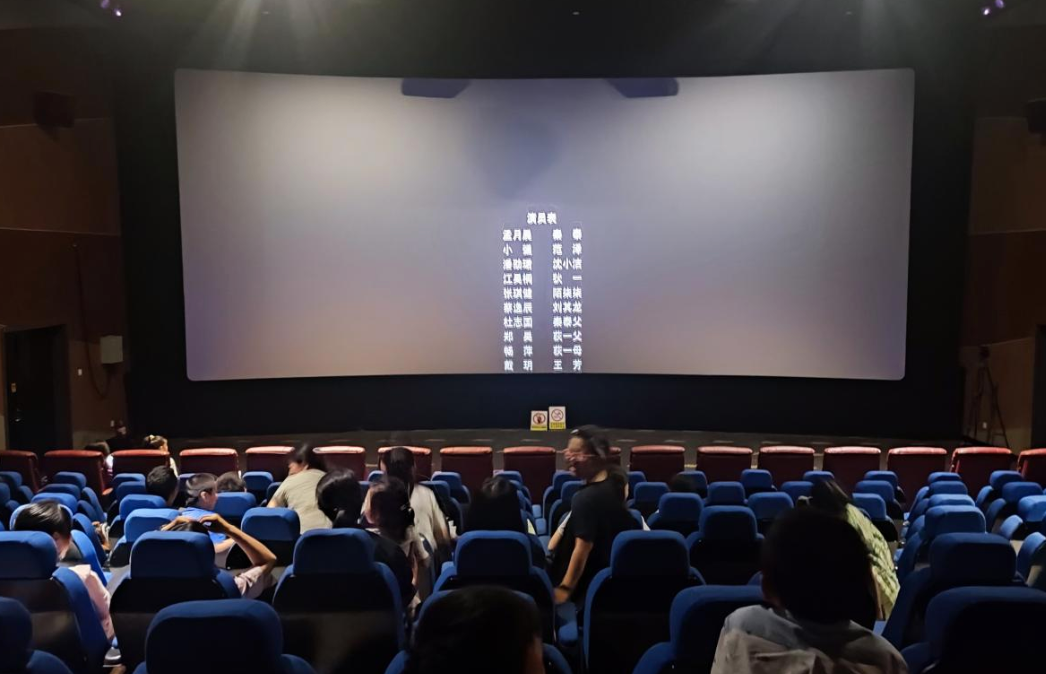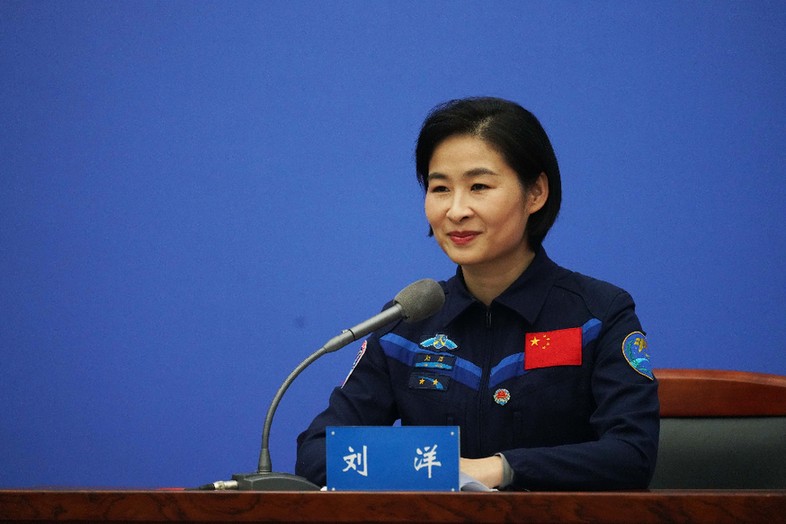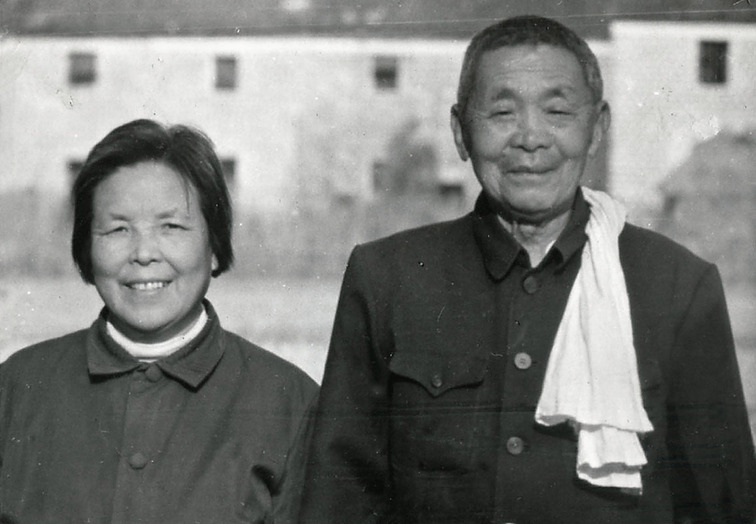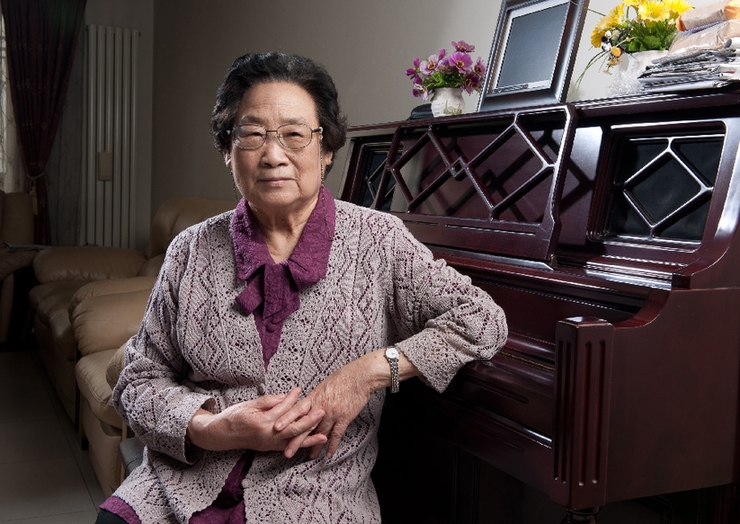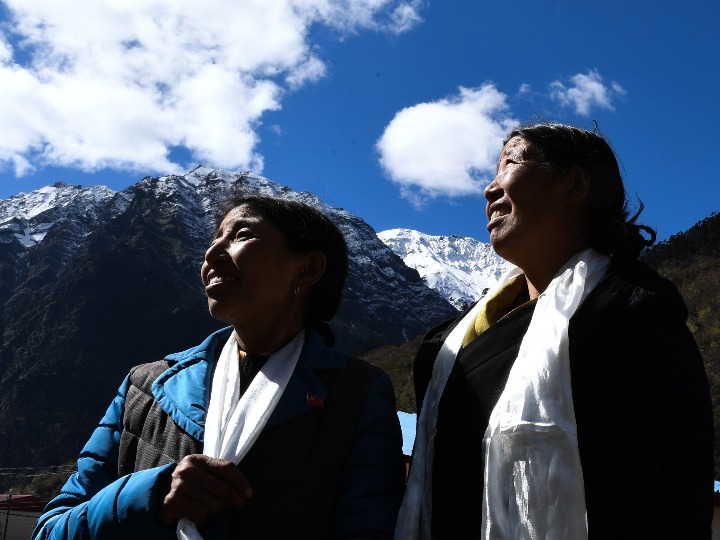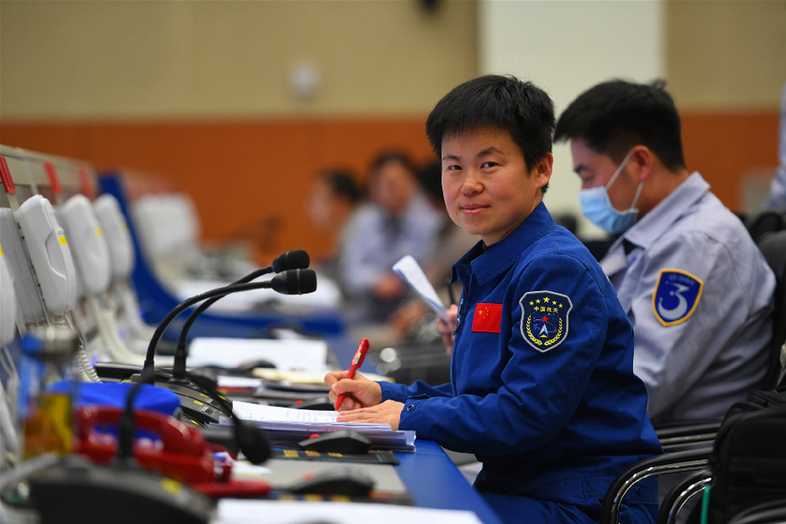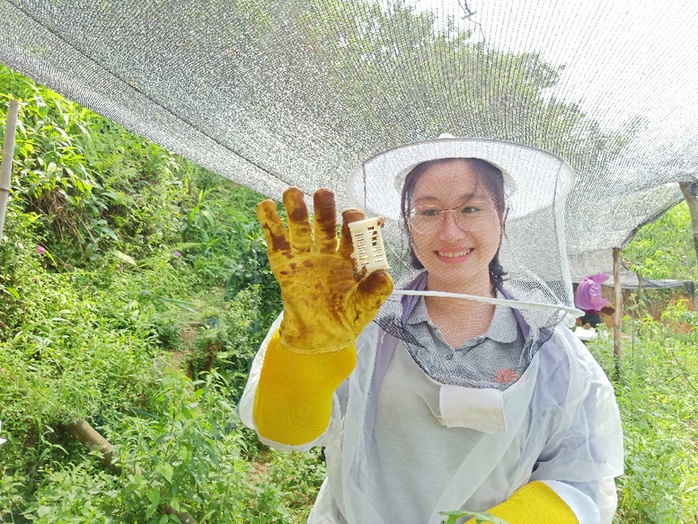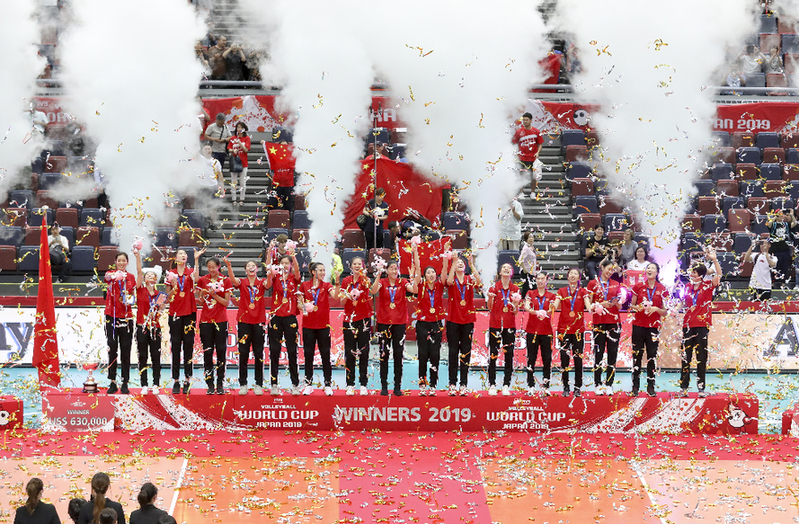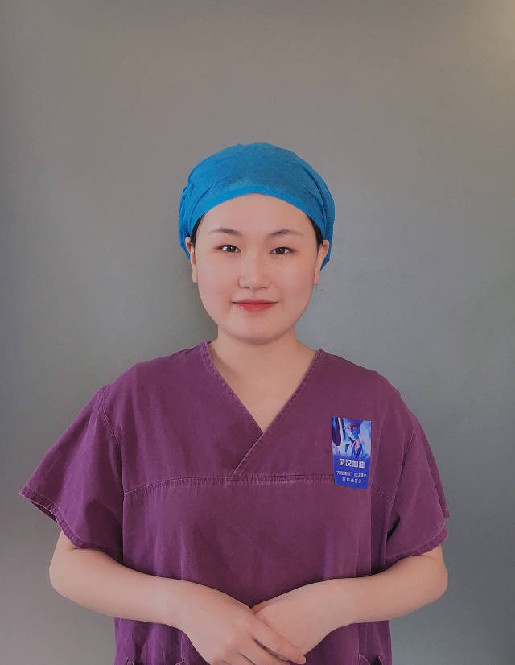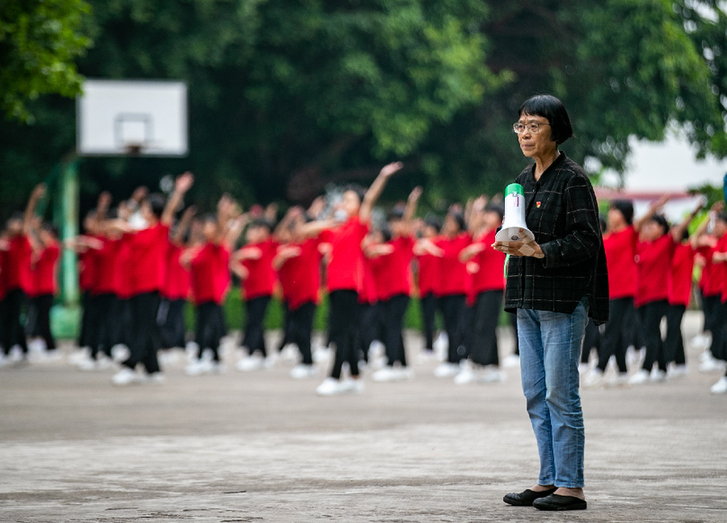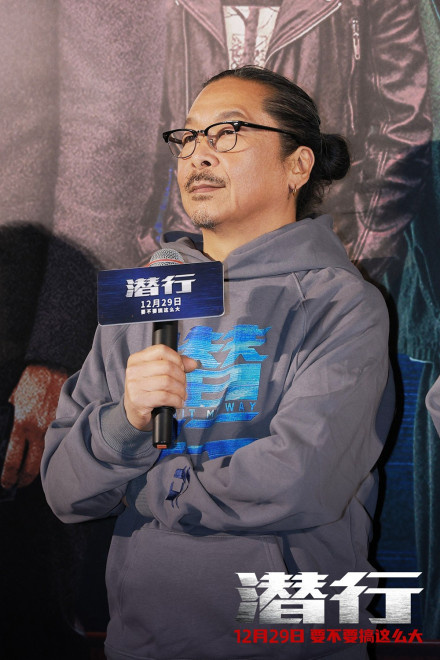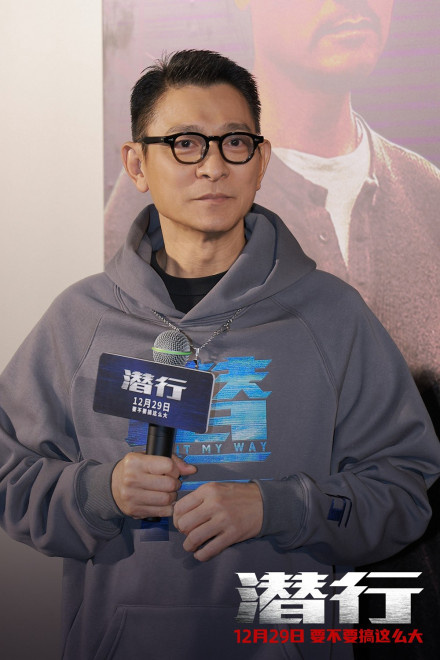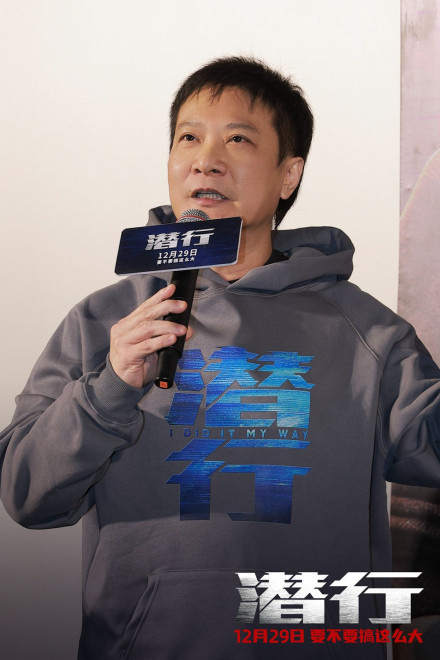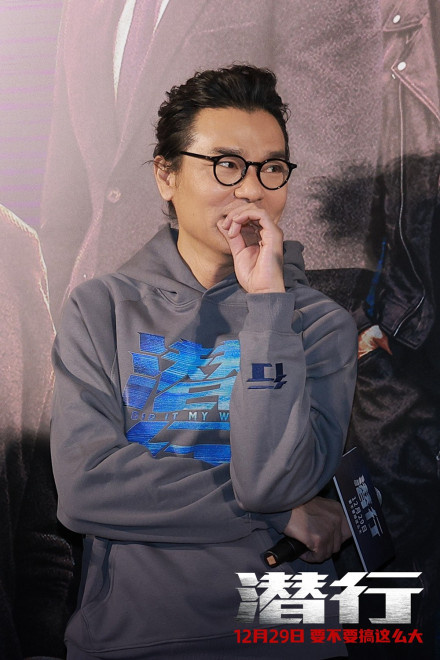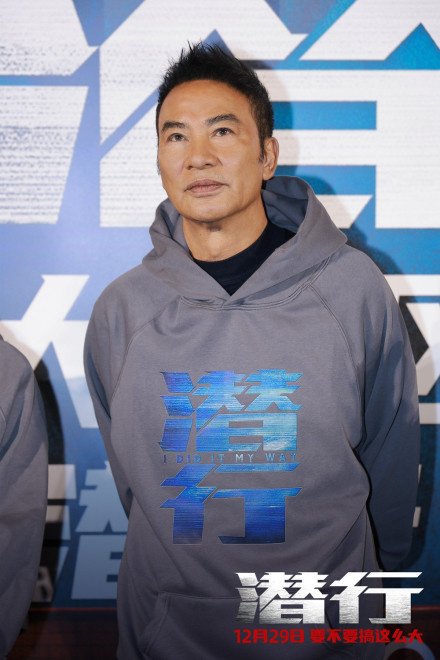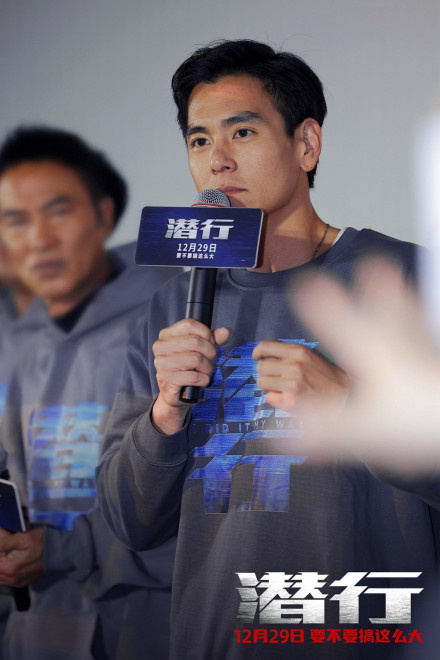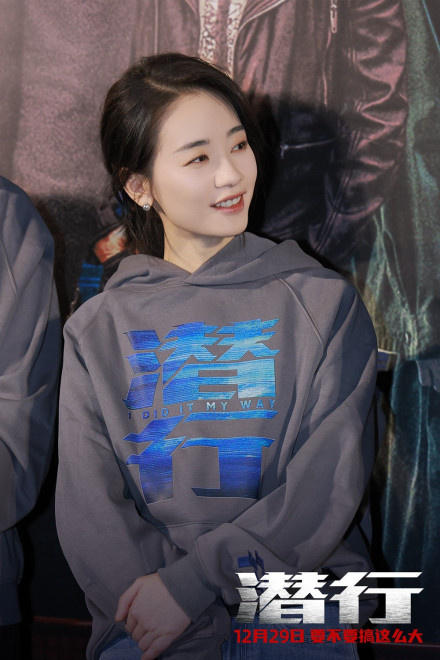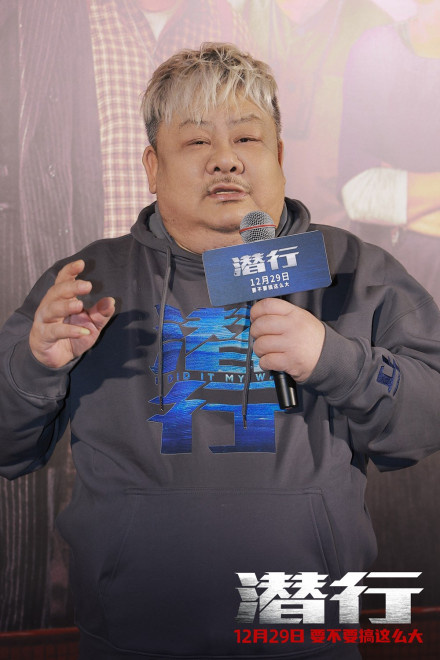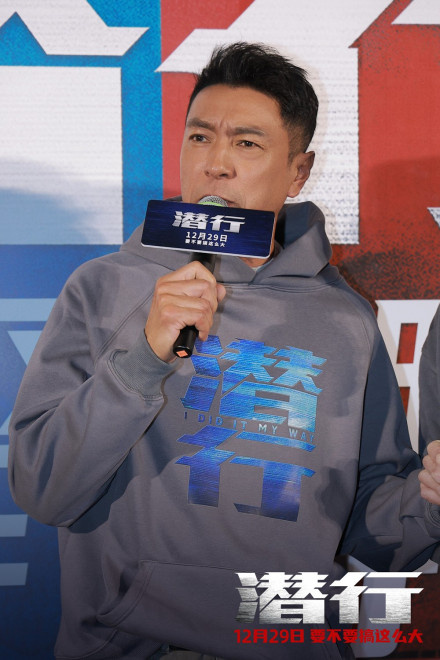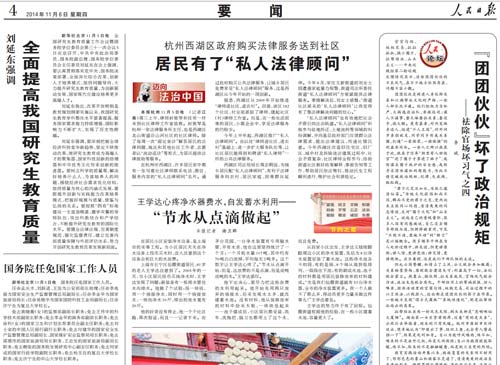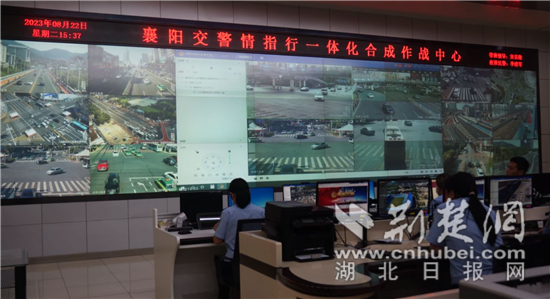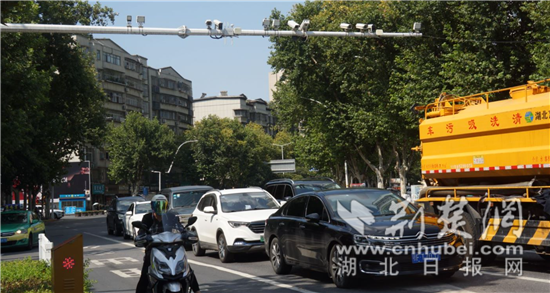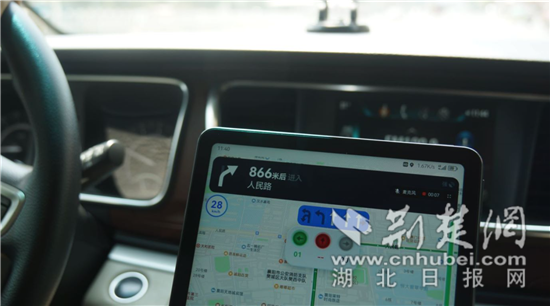In the bloody marriage between Hong Xiaolei and Wang Shijun, a stunning couple, Qian Deyue, a socialite from Taiwan Province, was mentioned before. Everyone praised her for her beauty and temperament and wanted to know her story.

▲ With a photo of Reuters, beauty has been amazing.
In a word, in 2010, this high-class celebrity intervened in the affair of a couple who were shocked by the world. Details can be recalled here. What makes people criticize is that her husband was Dong Jiansan, the chairman of Sanhe Refractory Industry, and she herself was famous for being tall and beautiful in the social circle.

Originally, Chandler’s name was only circulated in celebrity circles, but because of this scandal, her popularity increased greatly, which is "black and red" in modern words.
After the divorce, she deliberately kept a low profile and became the target of media tracking. It happens that the socialite’s social life is really wonderful and eye-catching, and being reported has become a common occurrence.
Today, we will talk about the story of a social beauty witch who is obviously not a star, but is always chased by the media.

Be involved in the shocking couple storm
As mentioned above, before Chandler became famous by scandal, the outside world didn’t know much about her. It can only be pieced together by some fragmentary data.
She was born in 1969, with white skin and big eyes. She is 1.74 meters tall. Because of her outstanding appearance, she briefly participated in beauty pageants and modeling work.

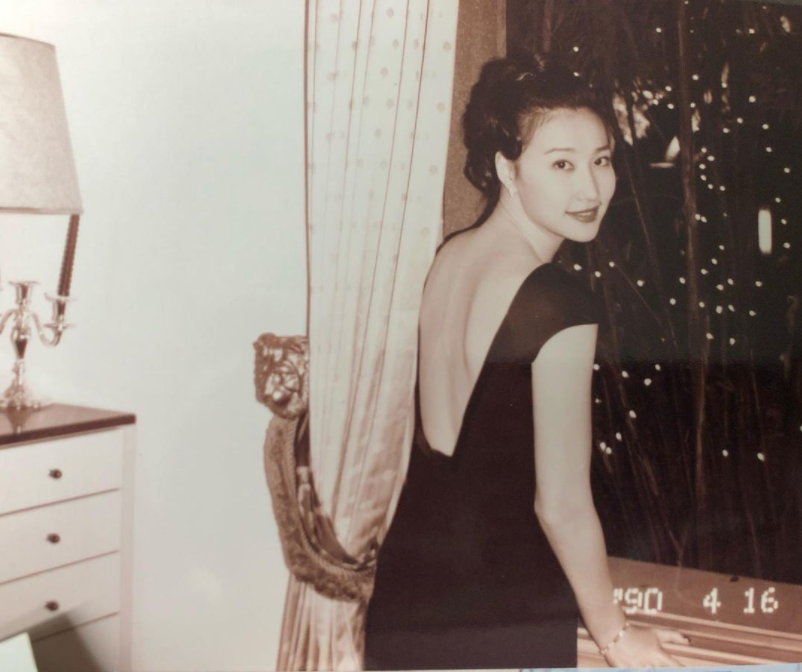

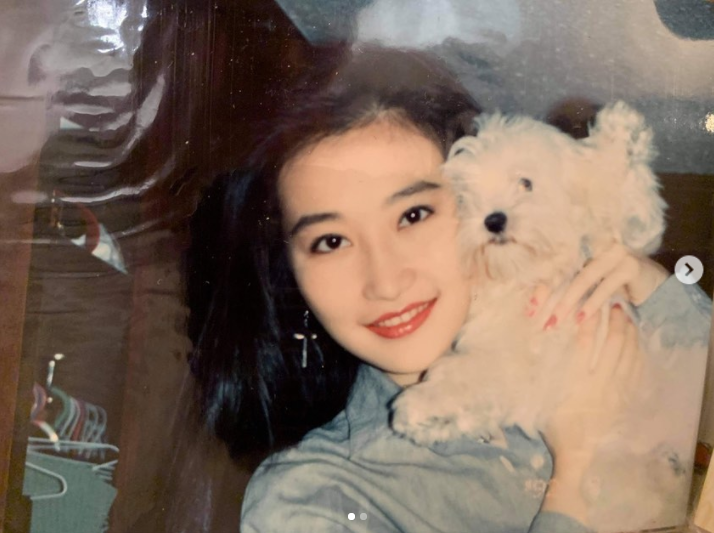
▲ Chandler posted some photos of her youth on IG. The magic thing is that when she was young, she was almost exactly the same as now. This round face that looked mature when I was a child is very anti-aging.
It can be seen that she took the route of Bai Fumei all the way. She went to the United States to study at the age of 18 and married a wealthy businessman Dong Jiansan at the age of 24. Counting the time, I have worked for about two years, and can this rich second generation rush to find a job as soon as they graduate? There is no house loan to pay, and there is no pressure of life. Most of the beauty pageants and the like are playing with tickets.
In addition, the two biggest labels on her body are "the daughter of Qian Longtao, the former chairman of Zhonghua Ticket" and "the wife of Dong Jiansan, the chairman of Sanhe Refractory". In the early stage, she also walked the social circle by these two labels.
Because Dong Jiansan’s enterprise Sanhe Refractory Group was in Kaohsiung, for a while, Chandeyue lived with her husband in the south. But this did not reduce her enthusiasm for going back and forth to Taipei to participate in activities.

▲ Some activities attended by Chandler in the early months. Her appearance is also very eye-catching among celebrities.
Couples have often joined together to participate in activities.
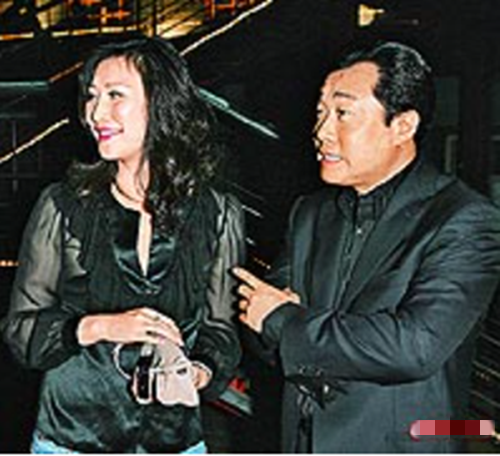
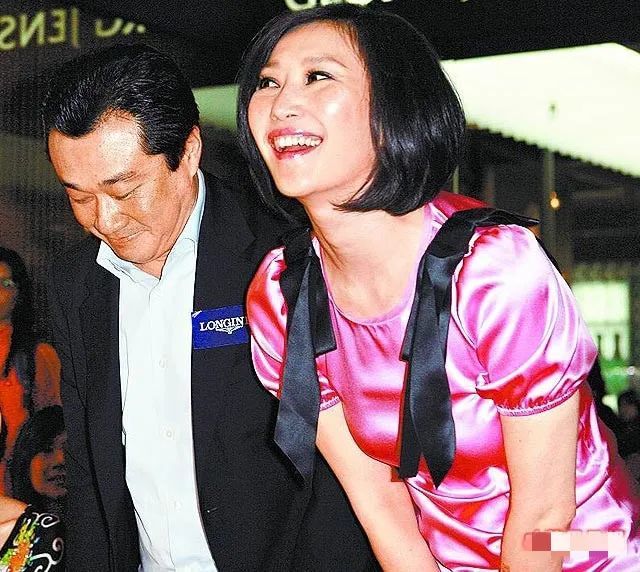
▲ I don’t know if Chandler’s maintenance is too good, or Dong Jiansan is too tired for the company. It seems that there is a considerable age difference between them. In fact, Dong Jiansan is only three years older than Chandler.
Maybe it’s a bit boring to go to the party every day. In 2010, Chandler started his own food brand Carol’s Kitchen, focusing on frozen food and convenience food.

▲ Brand introduction. It says that Chandler often cooks for family and friends.
Qian Deyue was also very attentive, and went to Shangchao to personally stand on the platform to promote the tasting. There are still many friends to help cheer up.
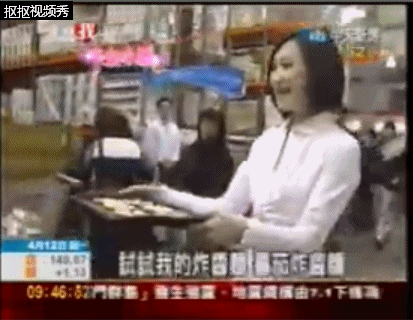

▲ The first one on the left is Li Qianrong, an actor and host, who later married into a rich family.
In April, for the sake of brand, she went to a radio station for an interview on celebrities. Although brief, this should be her only video interview.
In order to cooperate with the promotion of food, she was interviewed while being her own Zhajiang Noodles. From the beginning, I introduced the opportunity of brand birth and my own products. After that, I will talk to reporters about family life, and my husband and daughter support their own careers.
The content of the whole interview is similar to that of the brand introduction: a rich girl who used to make a living with clothes, turned into a delicate lady who likes to cook for her family and friends after marrying a woman.
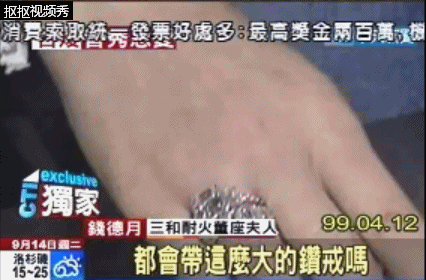
▲ In the process of making noodles, the big diamond ring that Chandler took flashed to the reporter’s eyes. The reporter said that her husband was really kind to you, and she smiled and said that it was not bad.
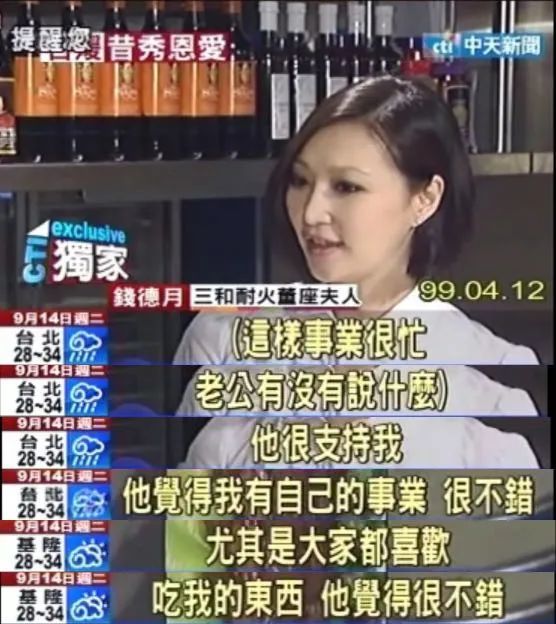
Now, there are many elements in this interview and acting.
Because less than half a year after the visit, in August, the magazine broke the picture that she and Wang Shijun entered the hotel around July and left the hotel half an hour later.
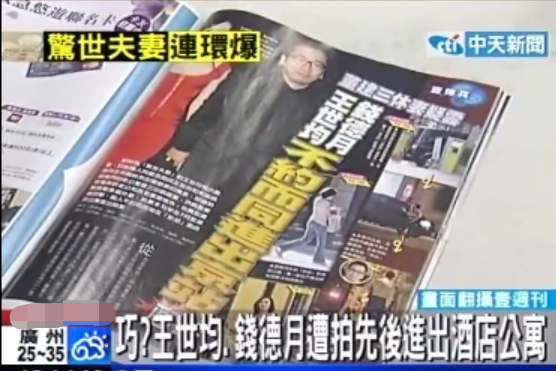
▲ At the beginning of the year, two people heard about it from a very close gossip.
Both couples often go in and out of major activity places and are introduced by friends. There was a time when the relationship between the four people was very good. For example, afterwards, the reporter dug up that Wang Shijun of Hong Xiaolei was baptized as a Christian in October 2009, and Qian Deyue and Dong Jiansan were present.
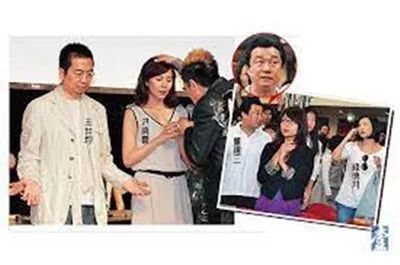
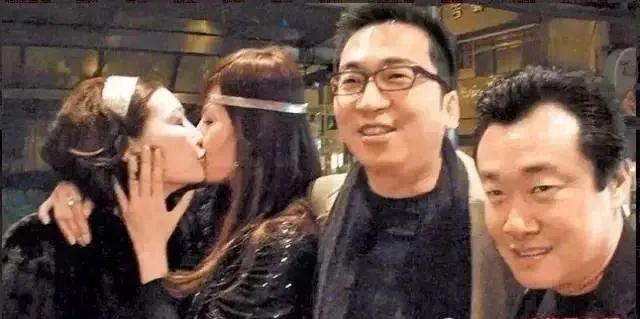
▲ Chandler plays kiss in Hong Xiaolei.

▲ Participate in the same event.
Originally, none of the four people in the incident was a big star, so it passed without responding to this matter. But in September, Dong Jiansan admitted to the media that his wife, Qian Deyue, and Wang Shijun did have a relationship. He learned that the reason was that Hong Xiaolei called himself and cried that he had found out that Qian Wang had sent an ambiguous message.
Last time we told this story, we won’t go into details. This time, let’s listen to Chandler’s response from her perspective.
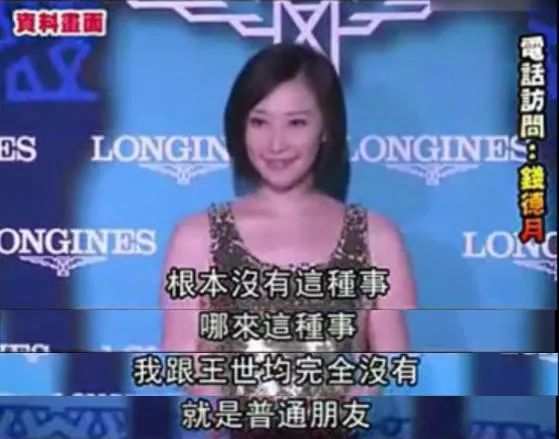

▲ After Dong Jiansan broke the news to the media, he sent a lawyer’s letter to deny it, and the telephone interview also denied it.
In a word, Chandler denied the affair with Wang Shijun to the end.
Qian Deyue said that the husband and wife had no feelings for a long time. In fact, Dong Jiansan himself said that after the Chinese New Year, they separated in Taipei and Kaohsiung to talk about divorce. Just arguing about alimony and custody of my daughter.
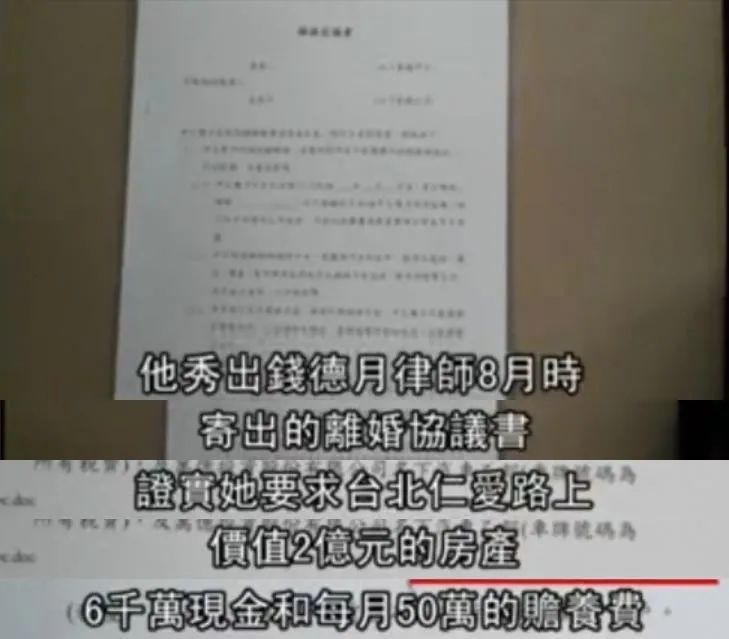
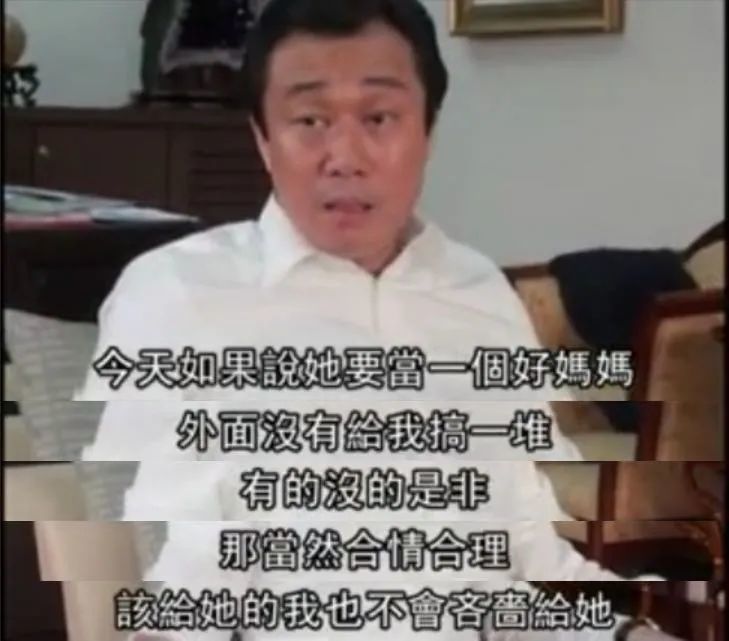
▲ According to Dong Jiansan, he wants to give Chandler $3 million at a time, and the custody of his daughter belongs to him, but Chandler refuses. She wants a house in Taipei, 60 million yuan and 500 thousand yuan a month in alimony (NT).
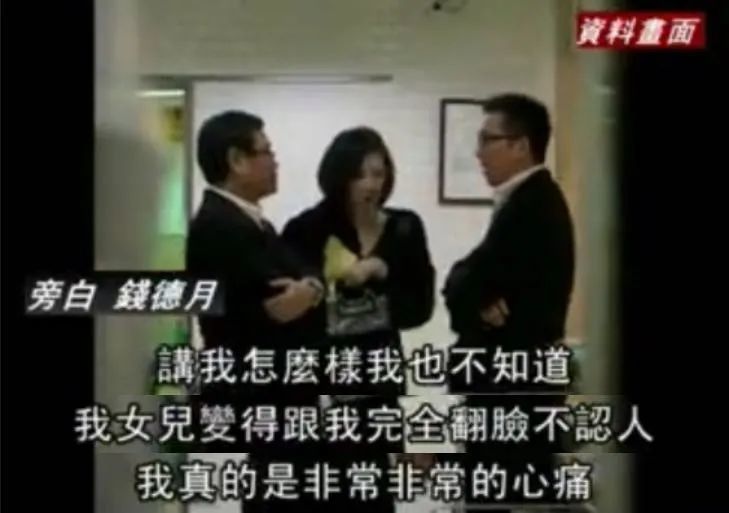
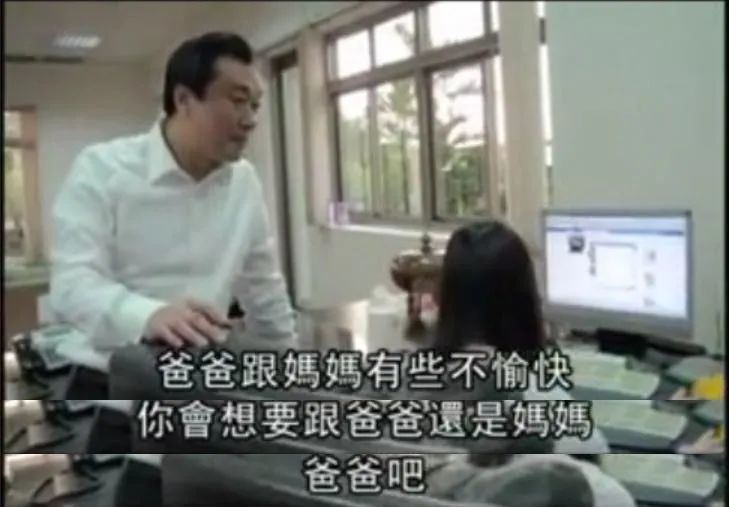
▲ Money is talking, and my daughter is also robbing. Dong Jiansan said that when she took her daughter to her American sister’s house for a holiday, Chandler went to the door to grab the child. Qian Deyue said that Dong Jiansan’s family brainwashed their daughter and spoke ill of themselves. What’s even more unique is that Dong Jiansan was interviewed and pulled the child to shape the image of his father. The reporter’s question was also amazing.
At the height of the news, the outside world knew that Chandler had a niece Qian Shuaijun in the entertainment circle. When the reporter asked Qian Shuaijun about it, she only said that she was a junior and it was not convenient to answer. In October, she went to Kangxi. How can the host miss this opportunity? I just didn’t ask anything. Everyone who knew Chandler Yue at the scene praised how beautiful she was.
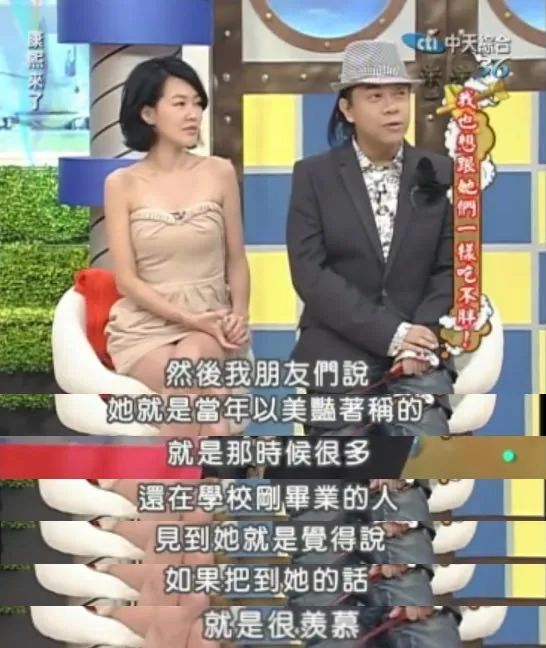
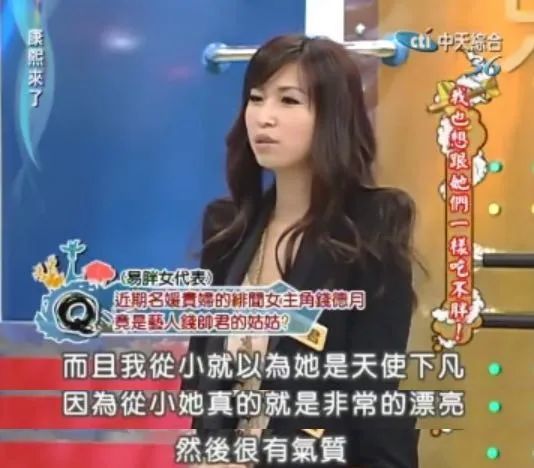

▲ Cai Kangyong praised Qian Shuaijun and Qian Shuaijun praised Xiao S.
The divorce dragged on for nearly a year, and various conditions were negotiated. On June 7, 2011, the divorce was signed, and the child belonged to Dong Jiansan.
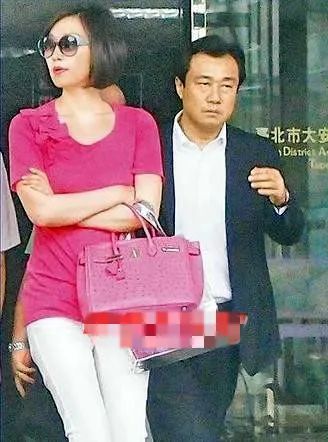
▲ The two were photographed walking out of the service hall.


▲ Divorced on June 7, 2011, and Dong Jiansan was photographed by the media in May and went out with Xin Huaning Peiyu, and they met in June of the previous year. Therefore, his relationship with Qian Deyue has long been broken, and Dong Jiansan’s great chance of making such a scene is to pay less alimony and child custody.

▲ In September 2014, Dong Jiansan changed his name to Dong Jiting and changed his name to Ning Peiyu, and his wife’s twin daughter served as flower girl. The latest news is that the two have also divorced.
Anyway, the marriage is divorced, and the two have long lost their feelings. For Chandler, without the bondage of marriage and a high alimony, the next days are free and comfortable.

Gossip maker+remarriage flash away
I ran less, but the charm of the beautiful witch could not be stopped. During this period, there were many scandals, including political and business celebrities.
In May 2012, Chandler divorced for nearly a year. First came the romance with Wu Dunyi’s youngest son Wu Zijun. At that time, the news reported that Wu Zijun, 23, was determined to pursue the 43-year-old Chandler Yue regardless of his age difference.
When the reporter asked Qian Deyue, she said that she didn’t even know Wu Zijun, and she liked mature men. Although Wu Zijun, who is still studying in Seattle, did not respond, both her sister and father said it was Oolong News.


▲ Both parties denied it.
Almost at the same time, I also photographed eating noodles with Taiwan Province actor Meggie Yu’s husband, jeweler Chen Yuxi, and then went back to Chandler’s home for half an hour before Chen Yuxi left.
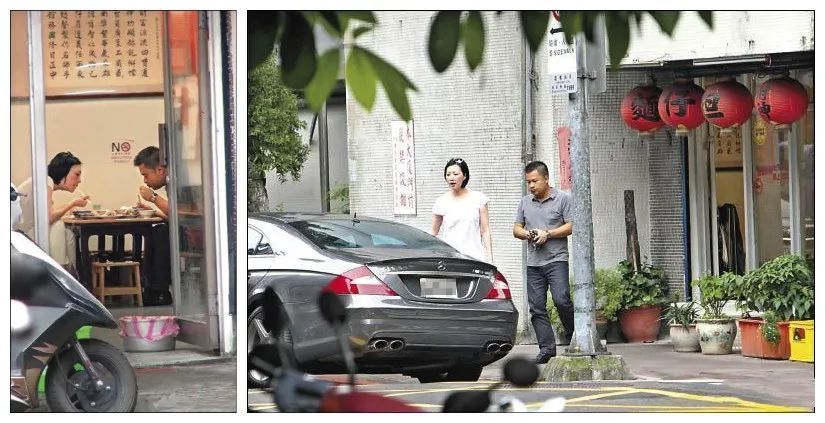

▲ Both sides denied it, saying that they were friends for many years. When they went home together, it was Qian Deyue who brought jewelry to Chen Yuxi for repair.

▲ When Shangchao promoted food, Meggie Yu and his wife also went to support it. Chandler and his wife still interact with each other. It should be a misunderstanding.
These two scandals really didn’t take any substantive photos, so there is a great chance to look at the pictures and talk. In particular, the scandal with Wu Zijun is very incredible.
But then the news will have a picture and the truth.
Another year later, in August, 2013, a middle-aged man with a pair of glasses had dinner with his family. After that, they avoided everyone and hugged and hugged, which seemed very sweet.
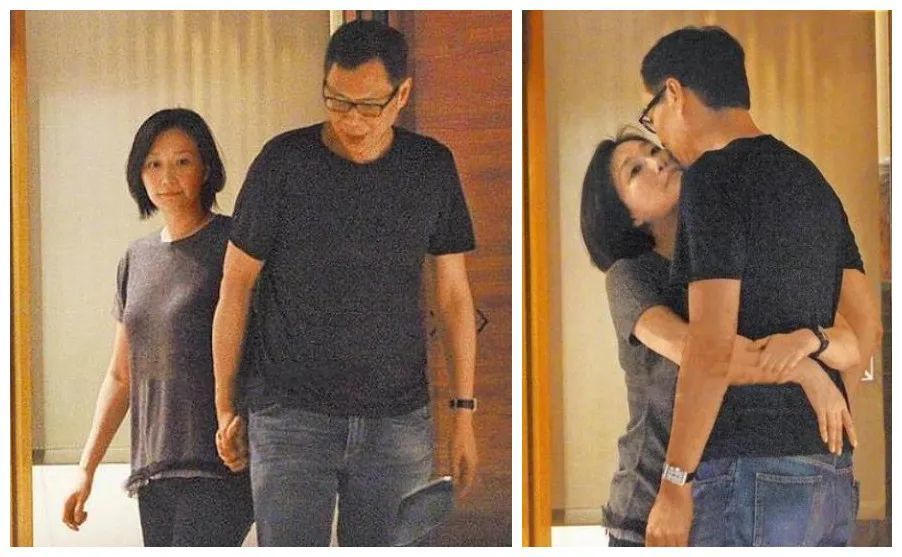

▲ Although it is not positively acknowledged, it is so intimate that the relationship between lovers is self-evident. Qian Deyue also said that life is very free now and she doesn’t want to get married yet.
I don’t know when I broke up with the glasses man. The next time I see Chandler, it’s already news of remarriage.

▲ I was photographed at the airport on the night of being remarried, and I wanted to fly to Macau together.
My husband’s name is Peter Chen, a Macao businessman. They are the same age and once had a marriage. And Peter Chen’s daughter and Chandler Yue’s daughter are just the same age. According to media reports, the two met under the matchmaking of their daughter, and they got married soon after their relationship.
At first, the relationship between the two was very good. Qian Deyue took Peter Chen into the circle of Taipei, and the newly formed family of four also got along well.

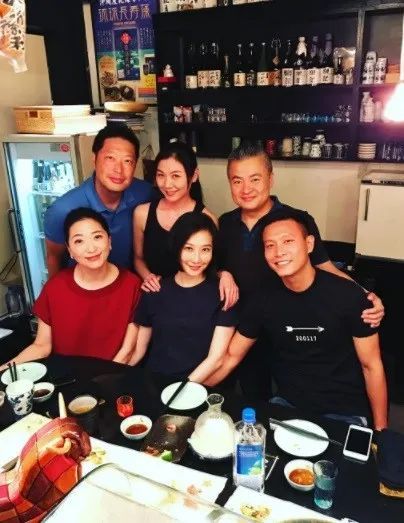
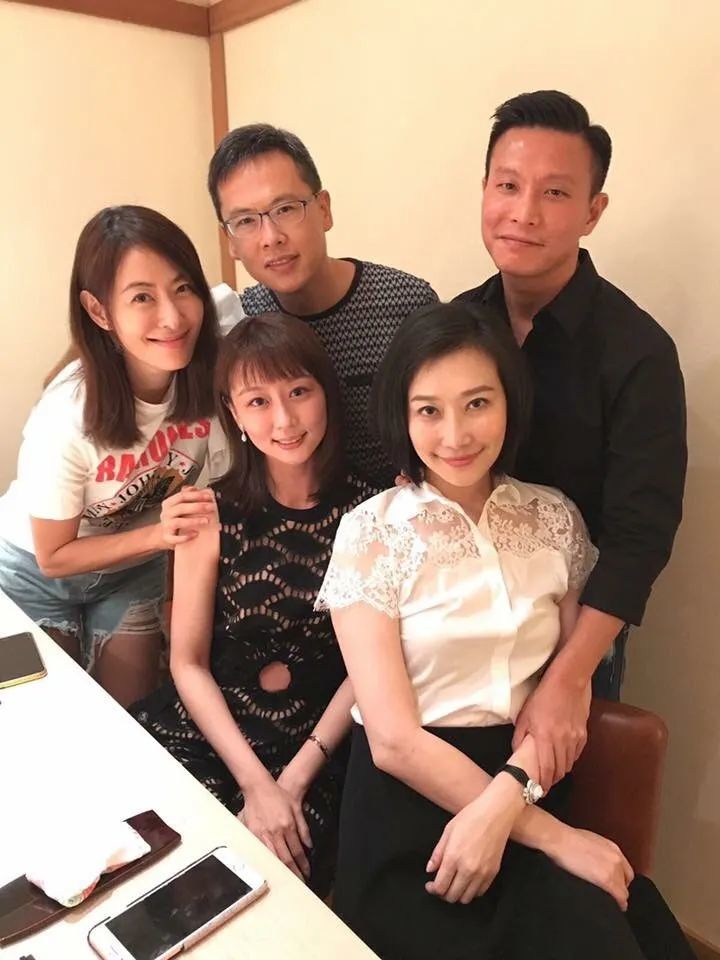
▲ On the left is Jia Yongjie, who has a good relationship with Xiao S.. Xiao s called Chandler Yue a friend of a friend, which should be the reason.
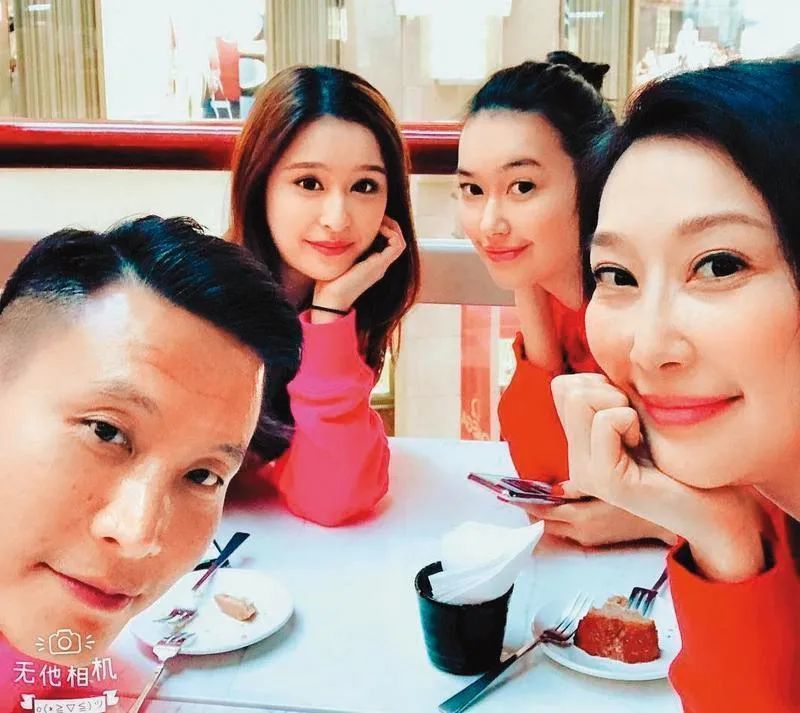
▲ A family of four seems to be very harmonious. At present, these have been deleted by Chandler Yue.
Just don’t know how, this seemingly very suitable marriage will soon come to an end. Marriage in September 2017 and divorce in November 2018 only lasted for one year and two months.


▲ The report is that Peter Chen cheated and led to divorce.
And this mainland woman is the once sensational little online celebrity Taimei K .. When she showed off her wealth, the whole network talked about her. Later, she found out that she was the rumored girlfriend of Chandler’s ex-husband. She first took photos of Peter Chen in February 2019, and she took photos frequently throughout the year. After that, the frequency decreased, which should be because of the epidemic situation. In 2021, she also sent a video to Macao for isolation.


Having a daughter is everything.
After the divorce with Dong Jiansan, Chandler kept a low profile and attended fewer public activities. But after the second marriage, she began to show up frequently. This time not for myself, but for my daughter.
Dong Ruotong, born in 1996, is the only daughter of Qian Deyue. At the beginning, the divorce with Dong Jiansan did not cause estrangement between mother and daughter, on the contrary, their feelings were very good.
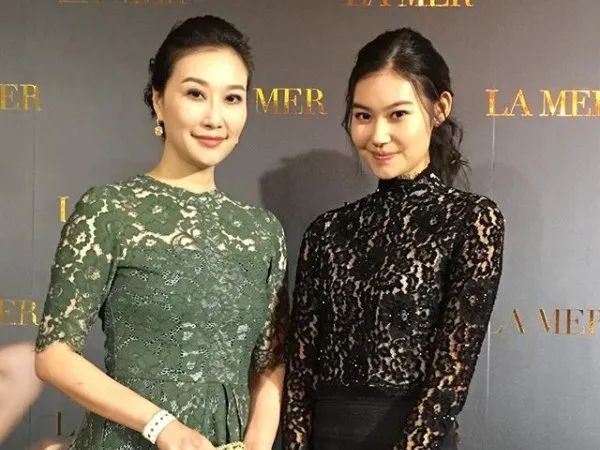
▲ Dong Ruotong is not as sweet as his mother, and his eyebrows are more like his father. But the proud height of 1.78 meters stands out from the crowd.
Chandler seems to be interested in training her daughter to be a celebrity, taking her to some activities at an early age to gain exposure.

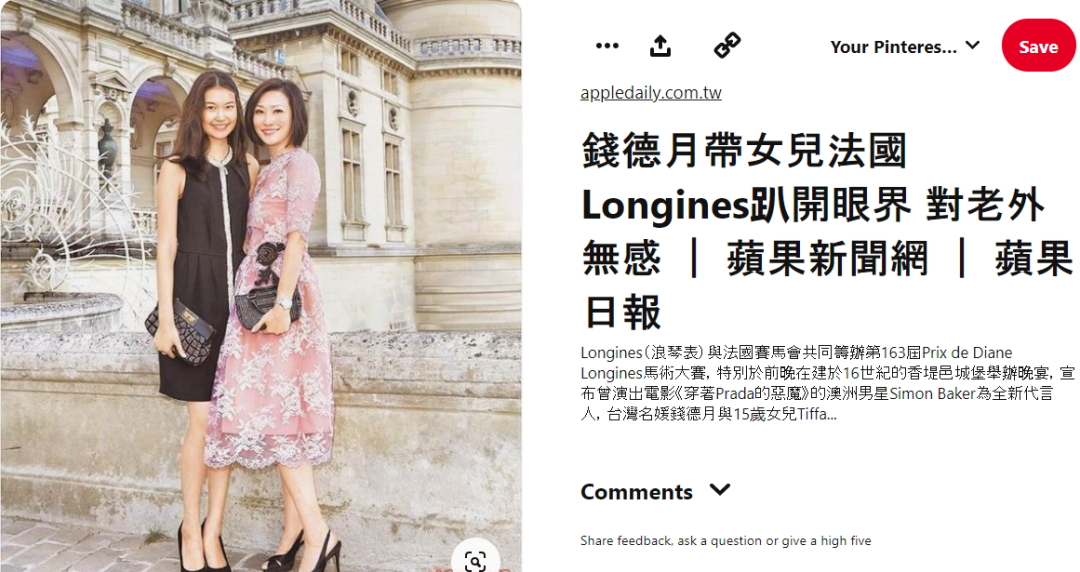
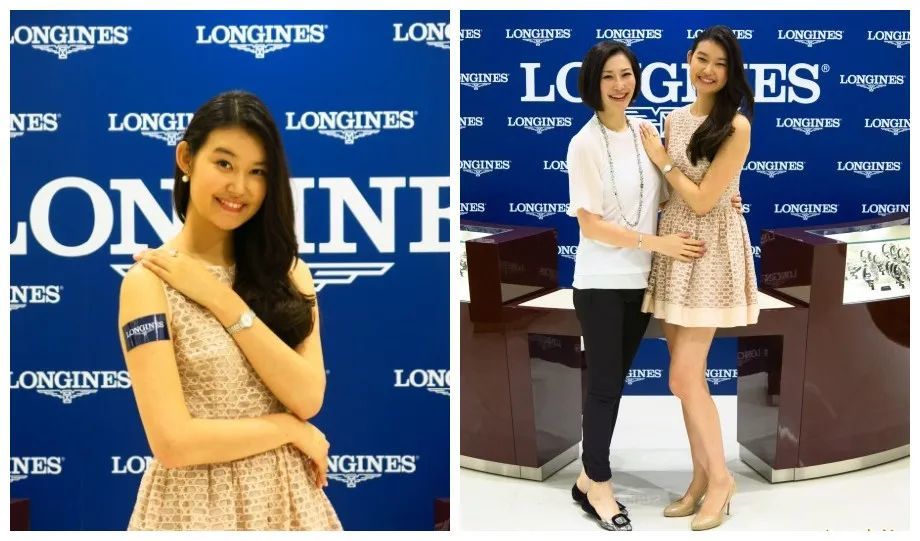
▲ At the age of 17, the first catwalk was dedicated to Longines Watch. These are some activities that I participated in as a minor.
After graduating from Taipei American School in high school, she went to study in Britain.

▲ Two people who have not been in contact with each other since the divorce took a group photo at their daughter’s high school graduation ceremony.
Returned to Taiwan after graduation in 2018. It was only a sporadic appearance before. After graduation, Dong Ruotong began to brush his face crazily.


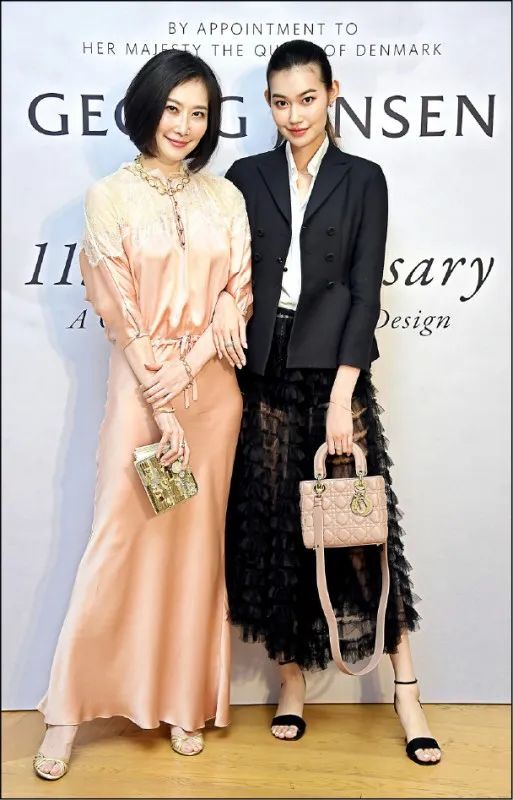

▲ To say that Dong Ruotong has participated in more brand activities than many stars, it may be because the stars don’t have so much time.
Magazines have also been unlocked a lot.
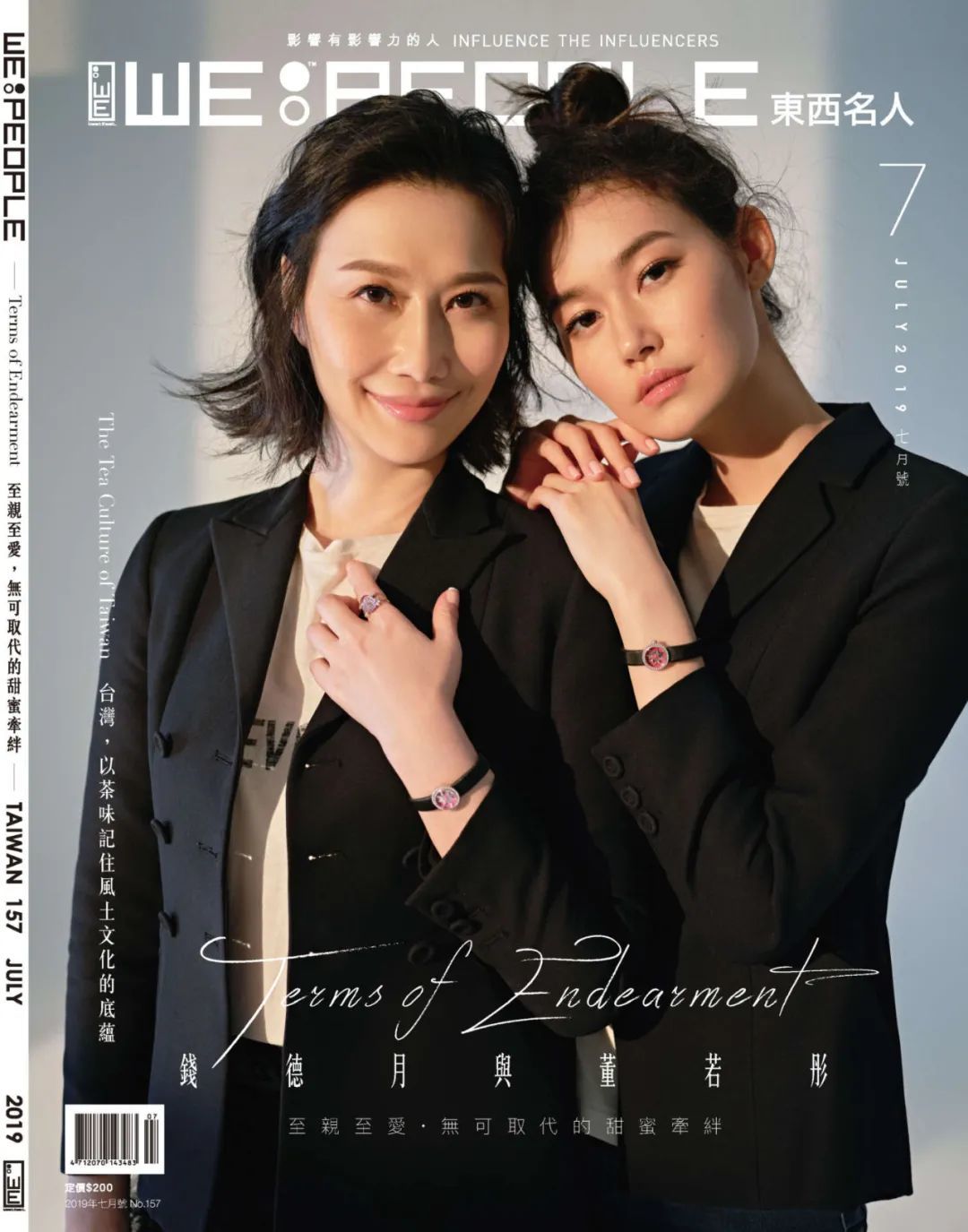


▲ Mom is really beautiful!


▲ ELLE and VOGUE taken separately.
Someone will definitely ask, why don’t you debut? In fact, in 2020, she participated in the talent show "Lingge Generation DD52".
At that time, the program was called Taiwan Province’s first original IP women’s team draft, produced by Zhan Renxiong, hosted by Chen Handian, and invited Rainie Yang and Wilber Pan as mentors.


▲ The second from the left in the top row is her. This draft assembled a lot of second-generation stars, and the press conference at this time also made a special introduction, presumably to attract attention.
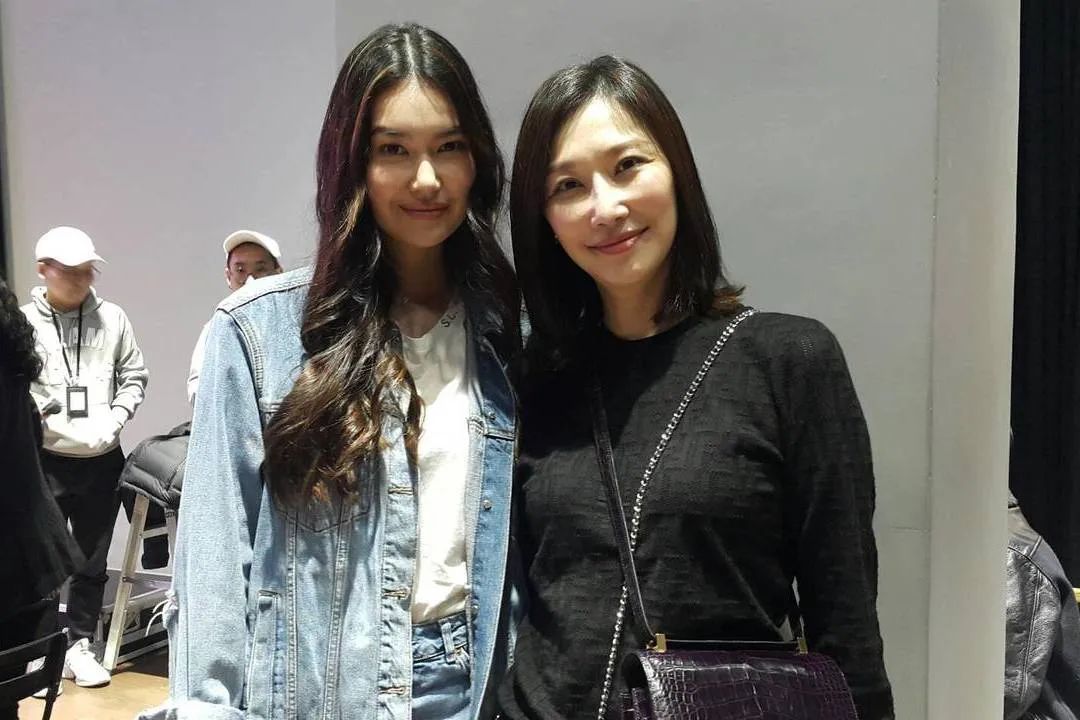
▲ Mom also showed support and optimistic about her potential. It’s just that Dong Ruotong’s game time is not long.
It’s a pity that this program is full of thunder and little rain, and those who finally make their debut in a group can’t enjoy much popularity and welfare, not to mention Dong Ruotong, who left halfway.


▲ Dong Ruojun also gave up the entertainment circle, and he will engage in many self-created brands that the rich second generation will do in the future.
With the popularity, the scandal should also keep up. At the beginning of 2018, she came out with a close photo of singer Zhou Yutian. It was reported that she was skiing with relatives and friends.

▲ Zhou Xingzhe on the left, and the two people on the right are them.
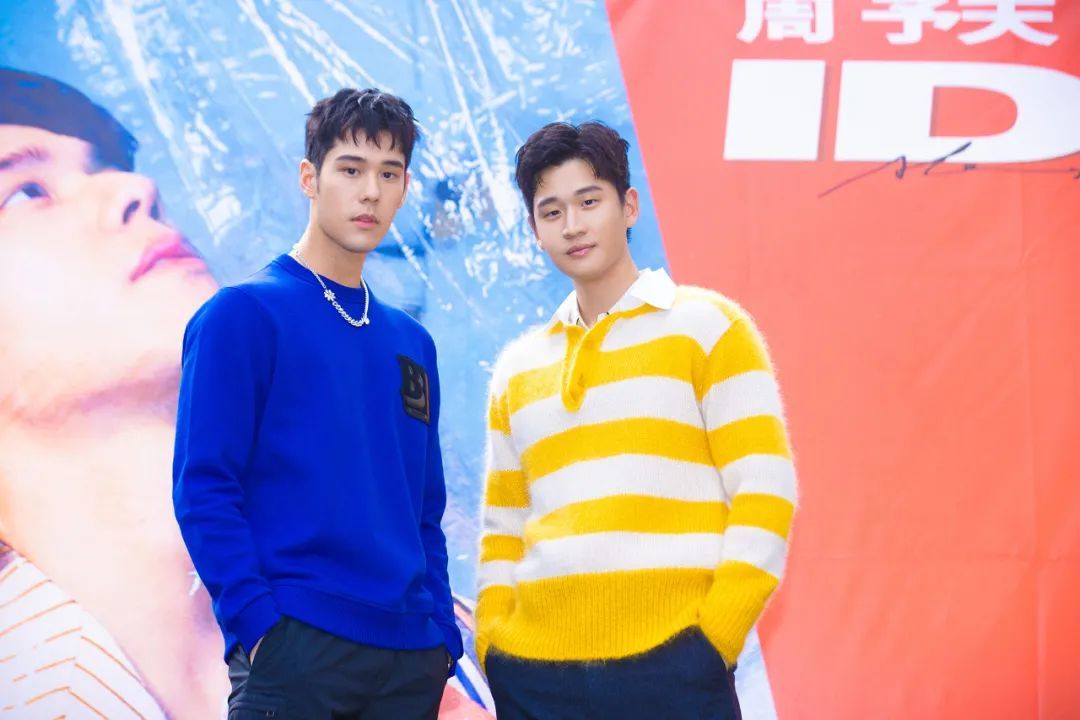
▲ Zhou Yutian is not well-known, but he has a singer brother, Zhou Xingzhe, who is a very popular young singer in recent years. He has songs with high popularity such as "Don’t be friends in the future" and "Love that will never be lost". Both brothers are wealthy ABC.
The two were photographed in many private frames.

▲ In June 2018, he was also photographed by the media and had dinner with Qian Deyue and his wife who were still in the second marriage. The relationship between them is recognized by family and friends.

▲ Sweet Tanabata date in 2019.
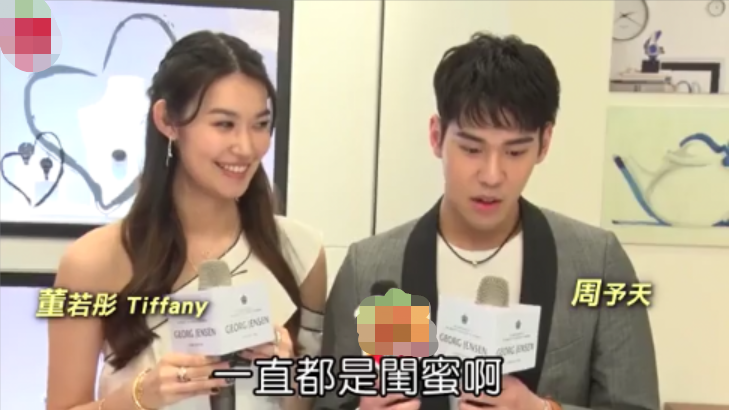
▲ Join in the activity.
At the end of 2019, Zhou Yutian made a modest news. At that time, he got together with a group of friends and couldn’t drive. He called his younger brother Zhou Xingzhe to put out the fire. Zhou Xingzhe called a driver and led a team to send his brother home. The focus of this news is not that the Zhou brothers drove two quite eye-catching white Porsche, but that Zhou Yutian urinated on the side of the road when he got home.

Then Zhou Yutian publicly apologized. The media reported that he was in a bad mood because he broke up with Dong Ruotong. Although the specific breakup time of the two is unknown, they did stop interacting after 2020. Zhou Yutian also had other relationships.

▲ Zhou Yutian fell in love with Guo Pinchao’s ex-girlfriend Chen Jingxuan in April 2020. In 2021, the object was immediately changed to Riko, and the two were still cuddling in the park. Chen Jingxuan and Riko also broke their best friend relationship because of Zhou Yutian.
Dong Ruotong, on the other hand, is not in a hurry to make a new boyfriend. Every day, he is eating, drinking and having fun with his mother, and then attending activities, so he is not happy.
In July of 2020, Chandler held his 51st birthday party.
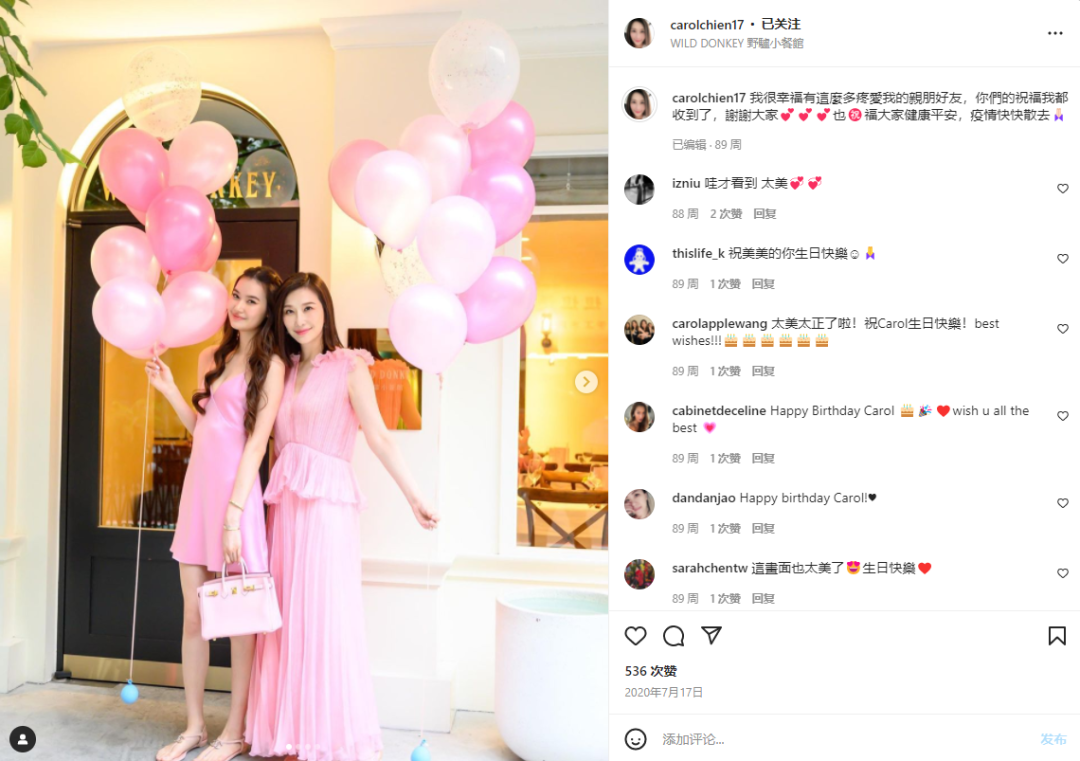
▲ Chandler posted a few photos with his daughter on his own IG, but the party that the media photographed that day was very lively.
On that day, with the theme of Chandler’s favorite pink, a group of friends were invited to celebrate.

▲ Cut the cake.

▲ Have a big kiss with Qian Shuaijun.
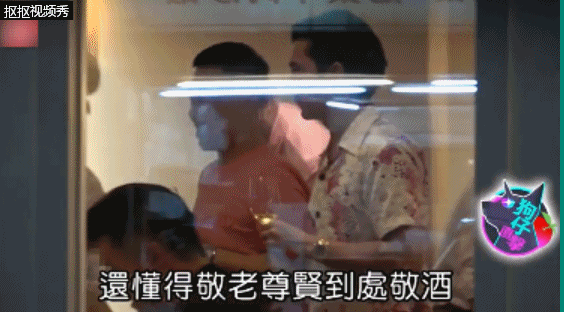
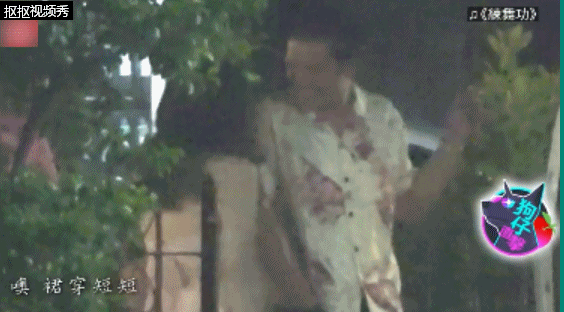
▲ This bureau also has Roy Chiu who was shot by Zhang Junning at that time. He made a toast and drank a lot. I also interacted with a girl, unlike the cold impression that I always gave.
To say that the circle of friends of Chandeyue is also quite magical. As mentioned above, Meggie Yu, Li Qianrong and Jia Yongjie are all married to a rich family, but they are in the same circle of ladies. It is not surprising that they are having a good time. But there are people like Cyndi Wang who don’t know how to get in touch.

▲ She has taken photos with Cyndi Wang more than once.
The Xiang Huaqiang family also know each other.

Of course, after mixing social circles for so many years, it is not surprising to accumulate contacts, but it is strange not to accumulate contacts.
At the end of 2021, Chandler was photographed by the weekly magazine for a new relationship! This time with a wealthy businessman named Cui, who is 20 years older than her.
The wealthy businessman surnamed Cui took Qian Deyue back to his home in the middle of the night, and then they went out to ride a bike together. They didn’t go out again until after one o’clock in the morning.
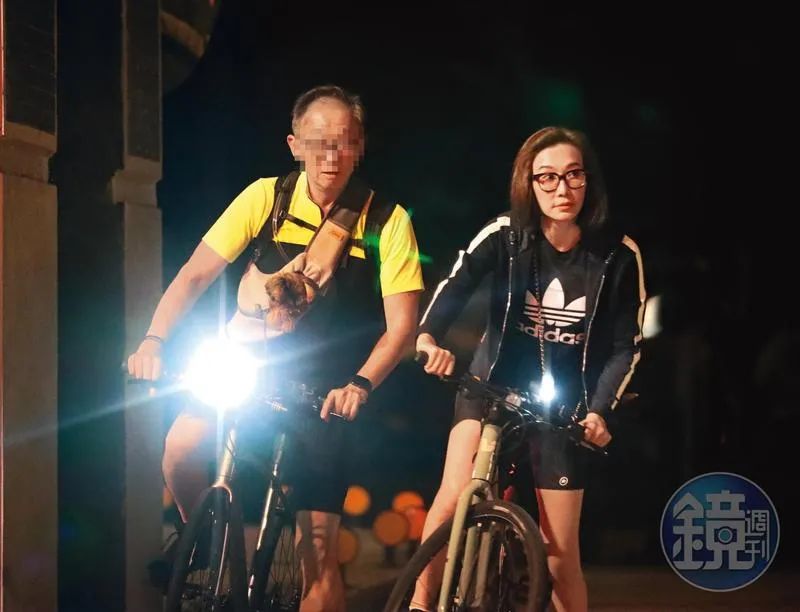

▲ Tuyuan Mirror Weekly. Riding a bike until the early hours of the morning is also quite special.
The next day, Cui Fushang also took the mother and daughter out to celebrate Dong Ruotong’s birthday.
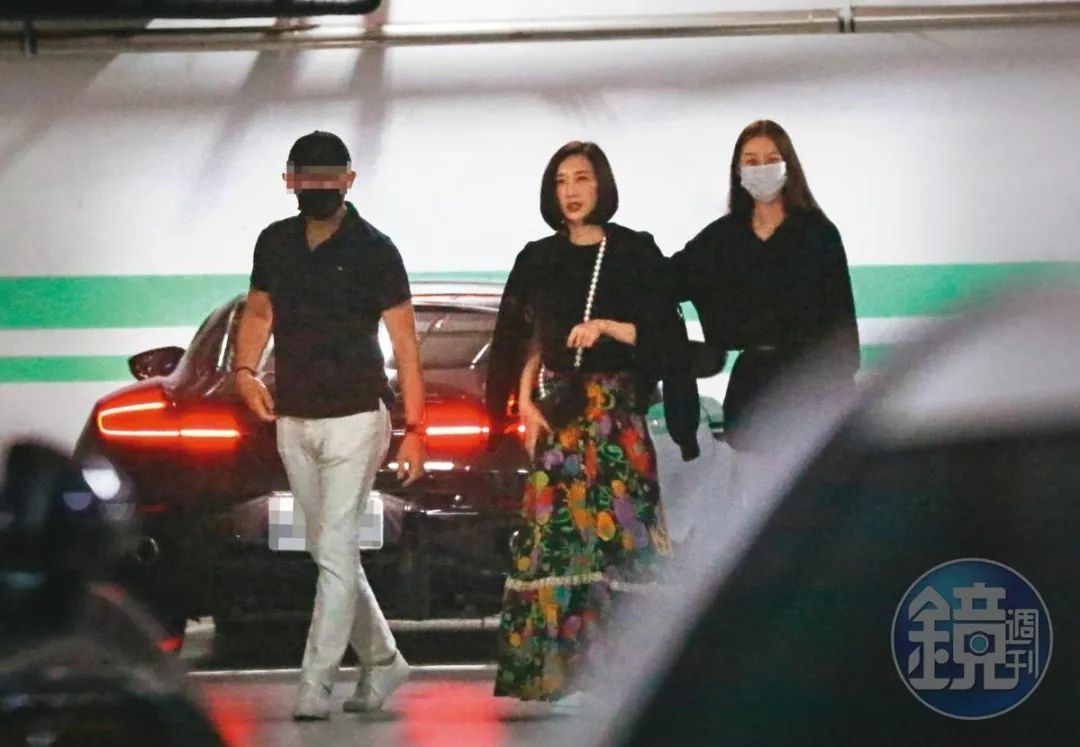
▲ Qian Deyue’s many relationships have been witnessed by her daughter. Dong Ruotong, who was educated in the West since childhood, seems to be not too uncomfortable with her mother’s boyfriend. The relationship between mother and daughter is really good.
This time, Chandler didn’t respond to the media, only posted a limited-time dynamic on IG, without admitting or denying it, just saying thank you.

I believe that Chandler, who has been married twice, will not get married easily again.

Second-line models retire and have daughters.
We mentioned Qian Shuaijun, the niece of Chandler Moon, many times before, because her story is also quite interesting, so let’s have a brief talk.
Qian Shuaijun’s acting career can be finished in one or two sentences. Even in the modeling circle in Taiwan Province, she is only a second-and third-line model. She has made guest appearances in some TV dramas and even formed a women’s group, but none of them have caused much splash. After that, she transformed into a notice artist, but because of her bright personality, she improved some popularity.
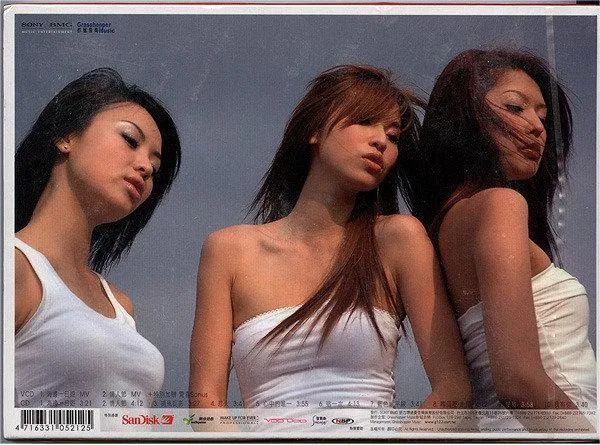
▲ At that time, it coincided with the model craze in Taiwan Province. Yilin Model Company assembled three models to form J.A.M, which was the only record released. From left to right are Chen Si Mi, Yin Qi and Qian Shuaijun. Jimmy Lin’s wife, Chen Ruoyi, quit the group before she released her album, so in fact she has little to do with the group.
She has two well-known relationships.
The first paragraph is Chen Zhiqiang, a classmate of Elaine’s. They dated for about three years and broke up. The reason is simply that Qian Shuaijun wants to get married and Chen Zhiqiang doesn’t.

▲ Two people make a show together.
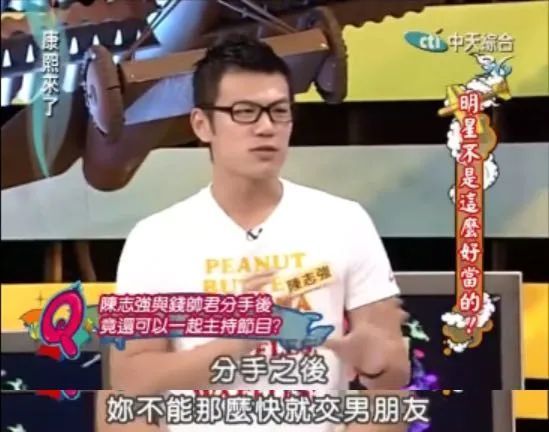
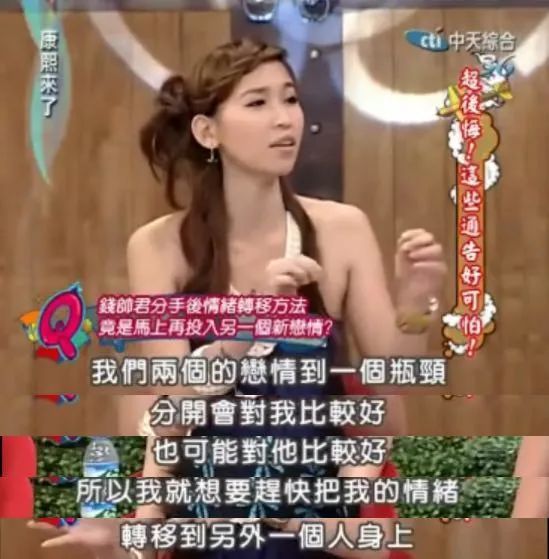
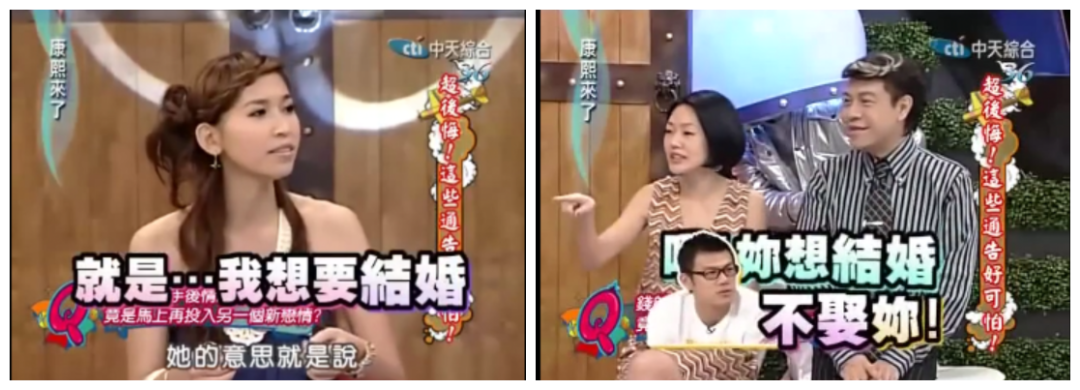
▲ First of all, Chen Zhiqiang, the man, complained on the show that Qian Shuaijun shouldn’t have a new boyfriend as soon as he broke up, implying that he was intimate with other men in his love. A few days later, Qian Shuaijun responded on the show, saying that he immediately made a boyfriend to divert the mood of breaking up. Next, the host asked Qian Shuaijun what the "bottleneck" meant. In fact, she could prevaricate over this question, but Qian Shuaijun unexpectedly said that he wanted to get married, but the man didn’t want to, and there was no doubt that he hated marriage.
It may be this kind of hate marriage mentality, and the second love affair also ended with some dog blood.
In November, 2010, Steven, a boyfriend who was engaged in car sales, took out a carat diamond ring on the beach while traveling in Guam and proposed to Qian Shuaijun, who had been dating for less than a year.

The news of marriage proposal got around, but one month after she promised to propose, Qian Shuaijun and her fiance were talking about breaking up.


▲ Qian Shuaijun said that she refused to propose, but the man thought it was a joke. She had to bite the bullet and accept the ring, and then told her parents to leave room before returning to Taiwan. Generally speaking, the man’s immaturity and Qian Shuaijun’s hate to marry resulted in this fruitless proposal.
After 2013, Qian Shuaijun almost disappeared from the entertainment industry, and occasionally attending an event is also a flash mode. Why did the female artist suddenly disappear?
That’s right. I just went to have a baby.
In April, 2018, Taiwanese media photographed Qian Shuaijun, who had never heard of her marriage, picking up her children from the aristocratic kindergarten and then visiting the park.
There are also many celebrities who go to get married and have children silently. Why is Qian Shuaijun particularly concerned? Because she is not only "married", but also with a rich and mysterious man.
The following is a report from Mirror Weekly. A Ferrari sports car with a four-yard license plate.
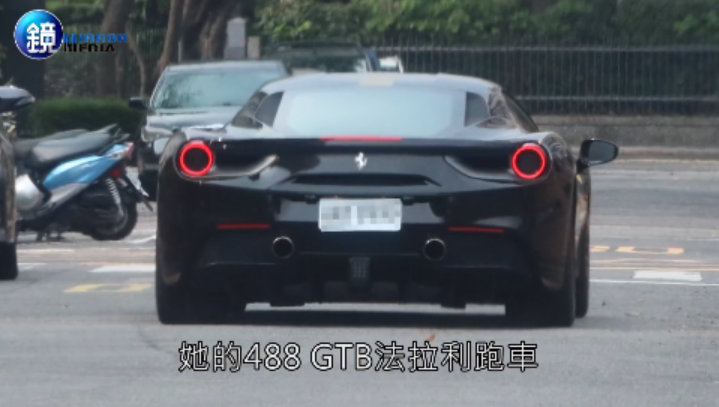
Live in a big mansion.
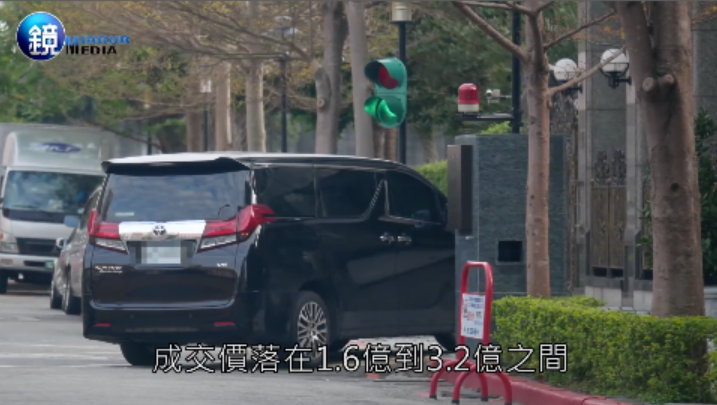
The nanny accompanied.
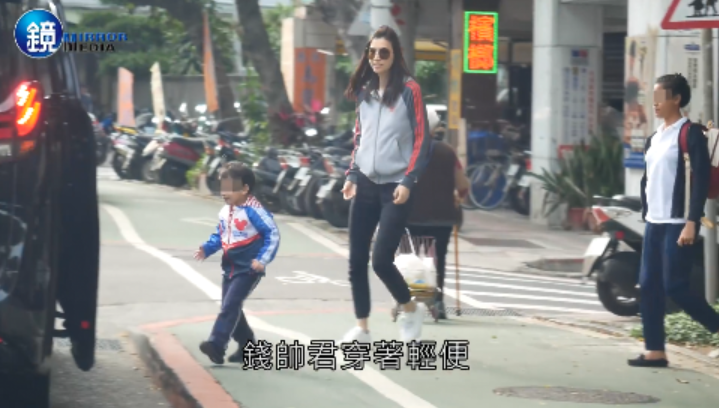
As soon as the news came out, the media went over her IG again and found that she had lived a lady’s life completely in those years. Bags, watches, cars and luxury goods are all available.
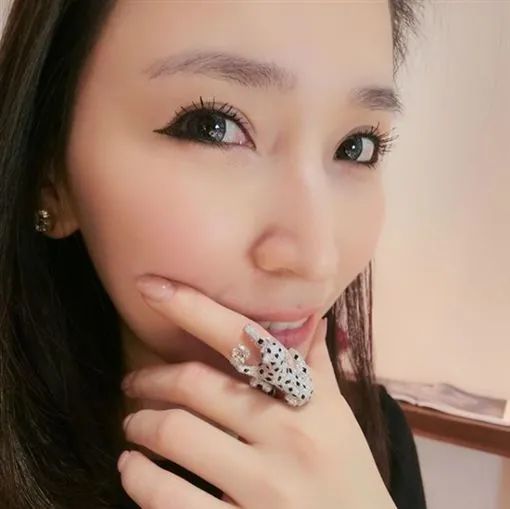



▲ At present, Qian Shuaijun has set the IG as private.
Take a private jet, travel to Africa with friends, and bask in luxury houses.
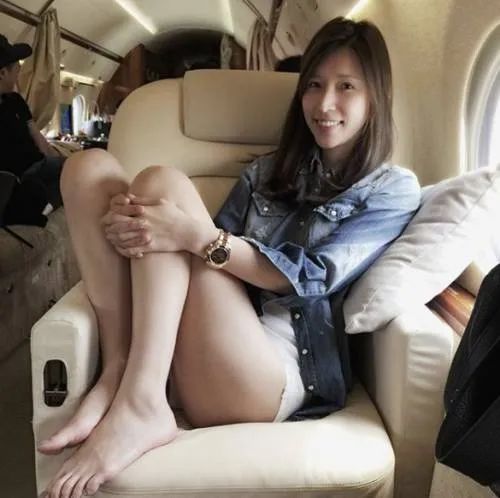

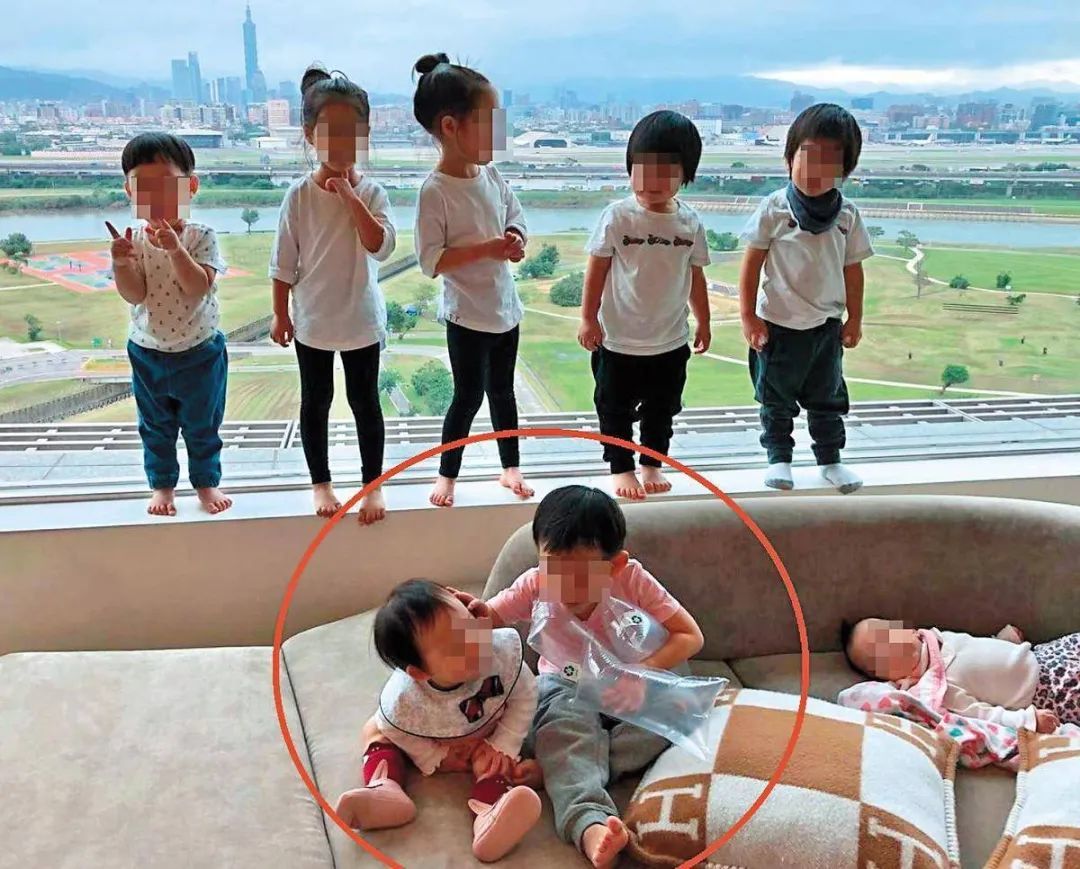
▲ There are many children gathered at home. The first two are hers.
Some people may say, Qian Deyue is a celebrity, Qian Shuaijun is her niece, and maybe Qian Shuaijun has money in her own family?
As a veteran of Kangxi for many years, I must say that I have never really seen Qian Shuaijun as a rich second generation, and some of the food and clothing she mentioned on the show have no shadow of celebrities or giants.
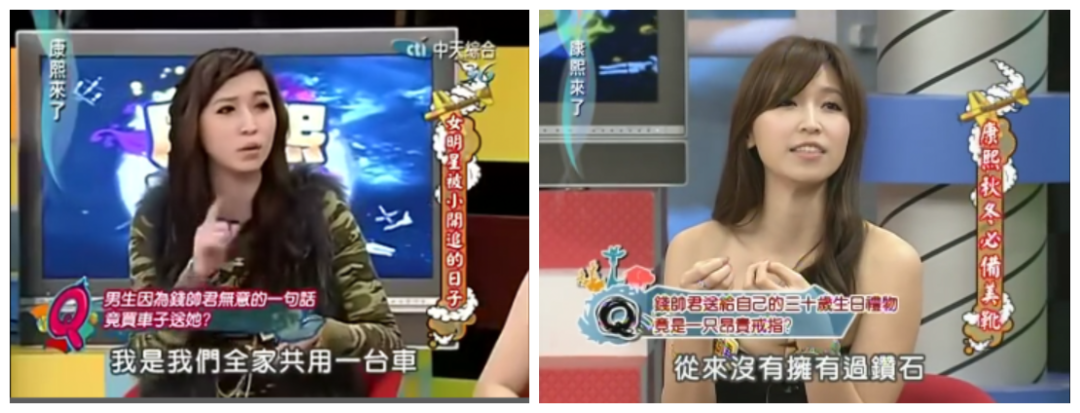
▲ For example, Qian Shuaijun said in the program that she once had a small pursuit, because she heard that the whole family drove a car and gave her a mini cooper. In another episode, she wore a diamond ring and said that she had never owned a diamond before she was 30 years old. None of this is like the experience of The Rich House.
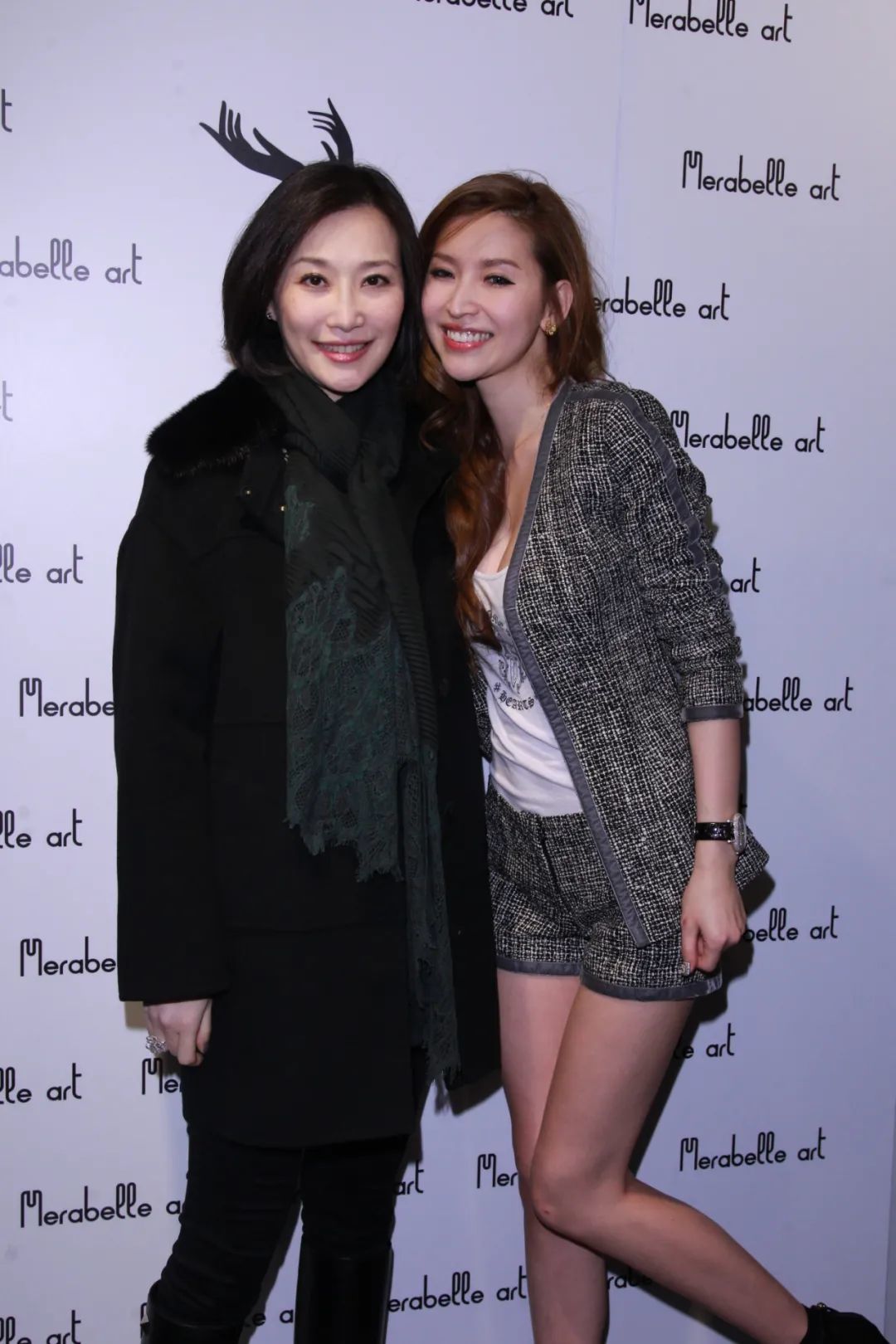

▲ Qian Shuaijun opened a nail salon in 2013, when Chandler went to the platform to support it. It stands to reason that the rich family should not need family support if it is NT$ 2 million or NT$ 3 million.
Qian Deyue’s father is Qian Shuaijun’s grandfather. How can there be such a big gap between their living standards? Is it just that Qian Shuaijun lives a simple life?
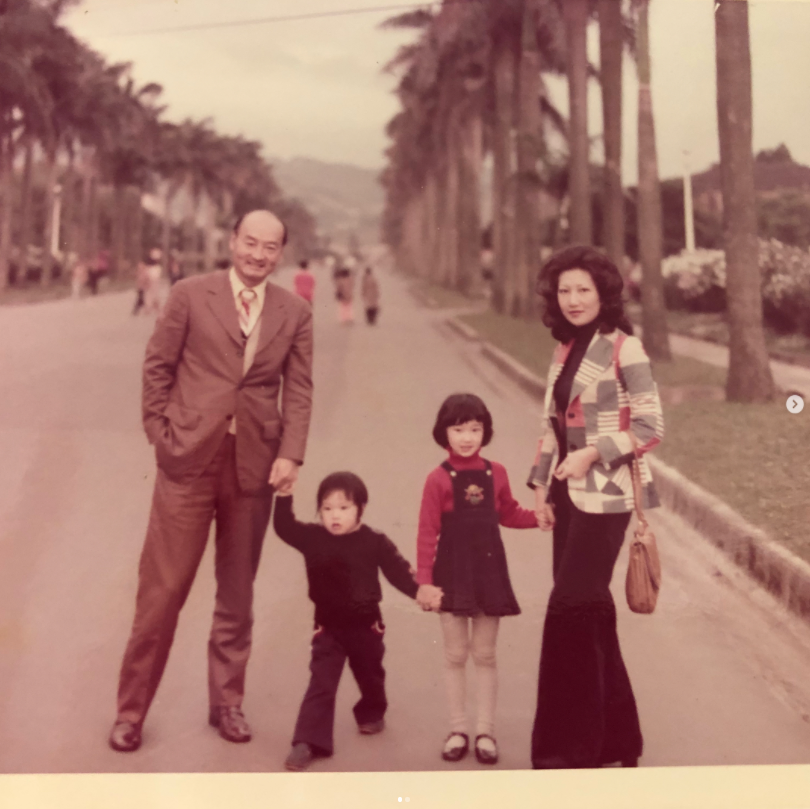


▲ Qian Deyue’s IG took photos of a family of four when she was a child. There were only her and her brother except her parents, and there was no elder brother (Qian Shuaijun’s father). And she often takes photos with her mother and Qian Shuaijun, but Qian Shuaijun and Chandler’s mother are rarely in the same frame! I also found Qian Deyue’s mother’s IG, which is full of photos with Qian Deyue’s Dong Ruotong, but there is no Qian Shuaijun at all. By rights, her name is Qian Deyue’s mother and grandmother. So is Qian Shuaijun’s grandmother different from Chandler’s mother? Or is Qian Shuaijun just Chandler’s cousin or something? Of course, this is not the focus of this article, so I won’t go into it.
While he couldn’t help showing off his wealth, he refused to reveal his husband’s identity and the fact that he had children. There are two reasons for speculation. One is that his husband’s career is sensitive and should not be exposed, and the other is that the identity of his children is embarrassing.

▲ I don’t know if I was angry at being said to have no name. She got a big diamond ring in early July, and then got 999 red roses from her husband when she had a birthday party in mid-July. My friend revealed in time that she was proposing marriage …
After that, the two were photographed at a party in October, and her husband finally showed his true colors.
Also present at the party were Aunt Qian Deyue and Qian Shuaijun’s Elaine Lin Jiaqi. Dong Ruotong and Zhou Yutian, who were still lovers at that time, also arrived later.


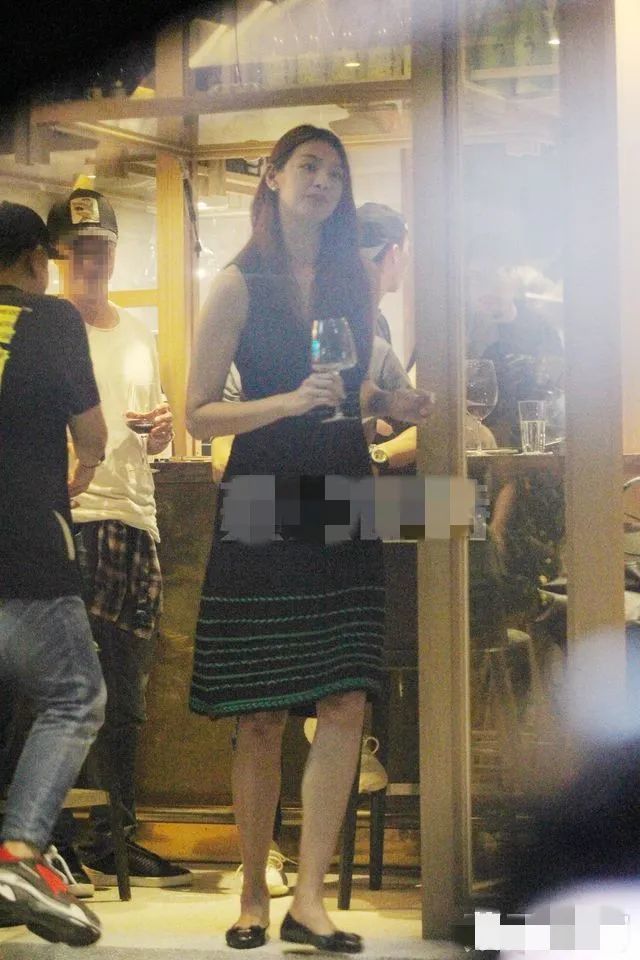



▲ Insist on not revealing her husband’s identity.
Looking back at the past news, there are also traces to follow. At the end of 2015, it was revealed that Qian Shuaijun went to the United States to have children.

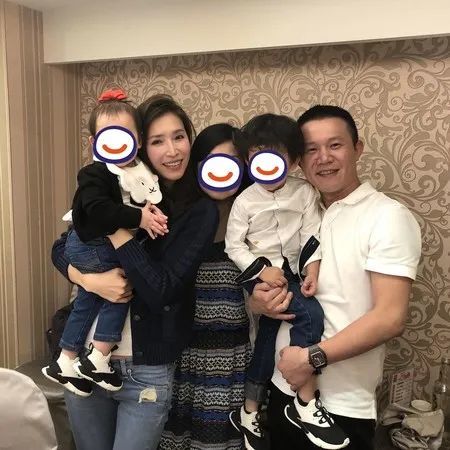
▲ IG had taken photos of her husband, children and mother earlier, but no one thought that she had given birth and thought she was just a relative.
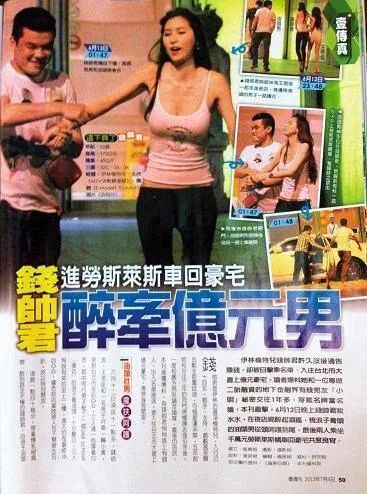
▲ My husband is very similar to Qian Shuaijun’s male companion photographed by the media in 2013.
Since he was married into a rich family, Qian Shuaijun also made the news in three days and two days, which is really "many people are red.".
In April 2020, the residents of a luxury house in Taipei anonymously told reporters that there was a private guest house "88 Hall" hidden in their luxury house. Because this resident can’t get used to the epidemic situation, there are still various people going to the clubhouse to have fun every day, and no one has turned to the media for three times. And one of the owners of this club is Qian Shuaijun’s husband.
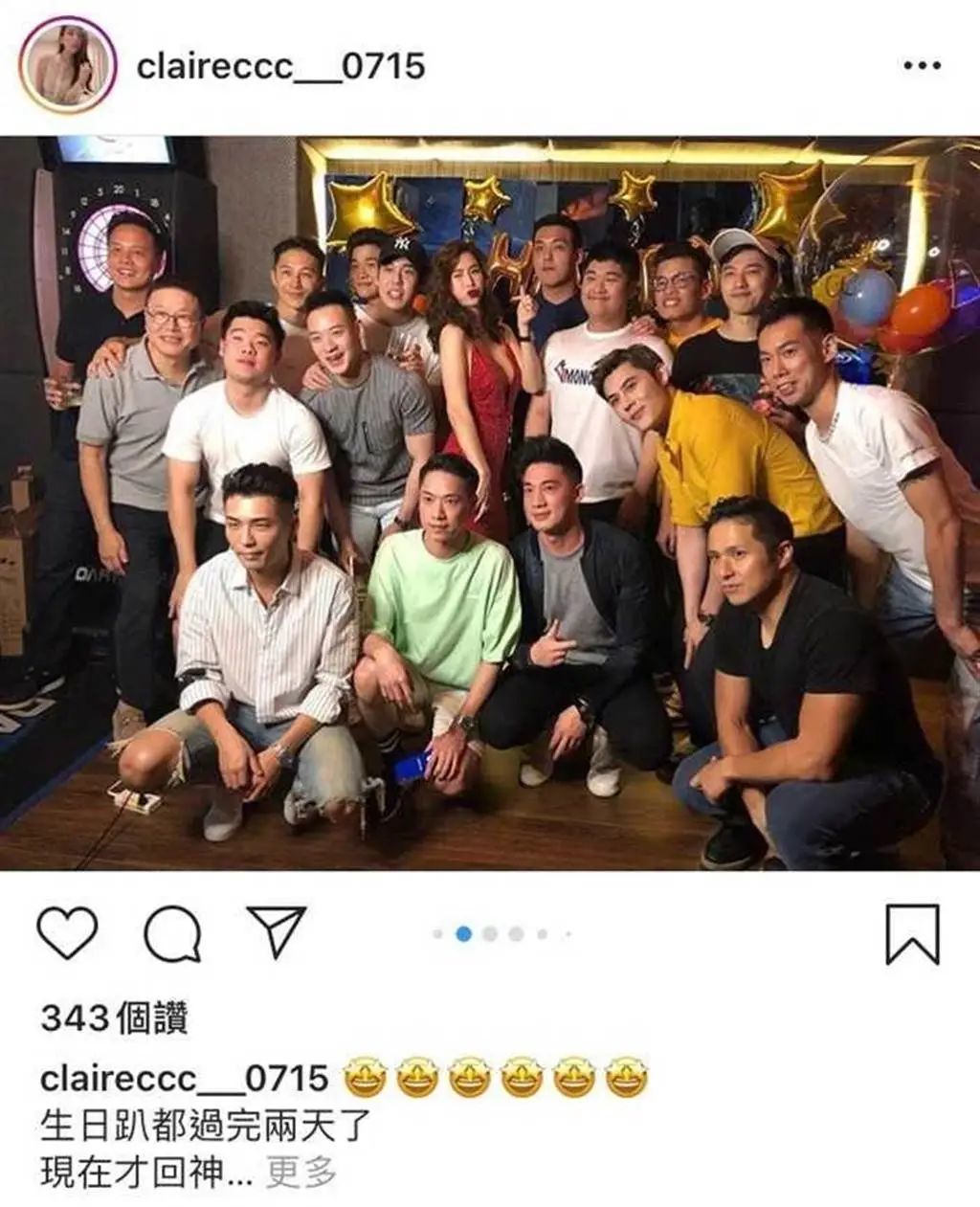
▲ Qian Shuaijun himself held a party in this clubhouse.

▲ According to the monitoring, there are police officers, social workers with sticks, and special service personnel with cool clothes who enter and leave the club. Anyway, there are three religions and nine streams.
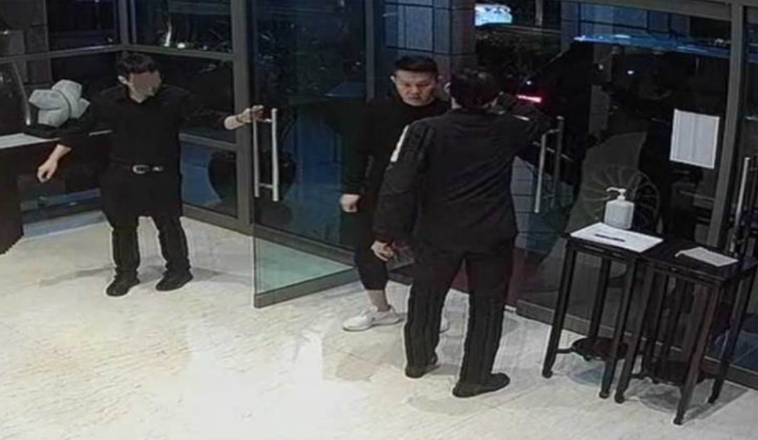
▲ Monitor Qian Shuaijun’s husband entering the clubhouse. It’s just that the matter finally went away.
Public welfare should also be done. In June, 2021, when the epidemic situation in Taiwan Province was the worst, she and her relatives and friends donated a batch of medical equipment of NT$ 20 million.

At the end of last year, I was photographed shopping in luxury stores with Qian Deyue and Dong Ruotong.

The story of Qian Deyue and Qian Shuaijun is over. They started from different places, one in the entertainment circle and the other in the celebrity circle. It seems that they all reach the same goal in the end. As for Dong Ruotong, who is 26 years old this year, if she hasn’t figured out what she is going to do, I believe she is also the next Chandler month.
People are interested in socialites because they think they live the life that ordinary women yearn for most, and they don’t have to work. They take falling in love and dressing up as the core of their lives, and finally marry rich men to have children and live a leisurely life. Countless rich second-generation girls are living this life.
Vanity Fair || The choice of darling daughter in the upper class, just look at the four golden flowers of the European top house …
Celebrity || From "Prince’s First Love" to "Beautiful Artist" and then to poverty, what has this London celebrity experienced …
Vanity Fair || Miss paris hilton, who is engaged again, has experienced ups and downs for 20 years.
More importantly, to become the most popular socialite in the upper class, many conditions are needed, such as elegant taste, amazing beauty, continuous wealth, clever social means, accessible contacts, and the ability to calmly face all kinds of rumors.
It’s difficult to satisfy one of them, not to mention that all people with such qualities will be excellent at everything, but many people have chosen the easiest way-but the terrible fact is that even the most popular socialite in Taipei in the past 30 years will be bored to the end.
In addition to turning himself into a talk and becoming a celebrity in the reality show of high society,The job of socialite doesn’t seem to create anything, and it really doesn’t make sense to society. What’s more uncomfortable is that it is subject to the context of male society, and this identity has to be parasitic on men to have the so-called legitimacy and happiness, so-and-so daughter, so-and-so wife …
This is actually a kind of independent objectification, because the main job of socialites is to get married, and they have worked hard for 30 years, and then let their daughters take over. It is nothing more than dressing up and marrying rich men. The difference is that they are married and reborn, or remarried, or even worse, they don’t marry after they are born, such as blue-blooded Wang Yingyu, which can be recalled here.
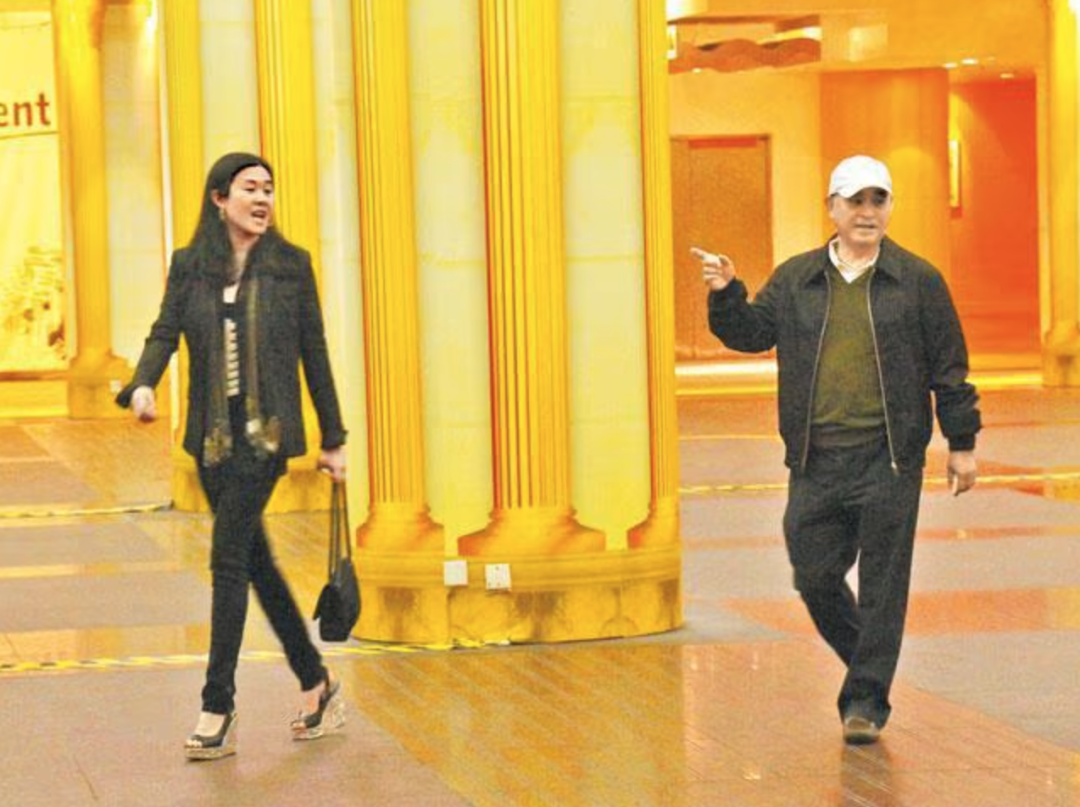
▲ Wang Ying-fung, a female lawyer in Central who had a fierce love affair with Liu, later gave birth to two sons, but she kept a low profile. The children all lived in Britain. At first, they followed their mother’s surname, Wang, until Zheng Yutong died. The names of the two boys appeared for the first time in the family obituary, and they really changed their surnames to Zheng.
Many years ago, Zhang Ailing sighed, "The woman on the tram made me sad. Women … Women talk about men all their lives, think about men, and complain about men forever. "
This tram has been driving for many years, should we continue to sit in it and make ourselves the most beautiful and taxi-able one? There’s nothing wrong with it. Anyway, it’s always a relatively easy shortcut, but to be honest, it really doesn’t mean much to be keen on it now …

